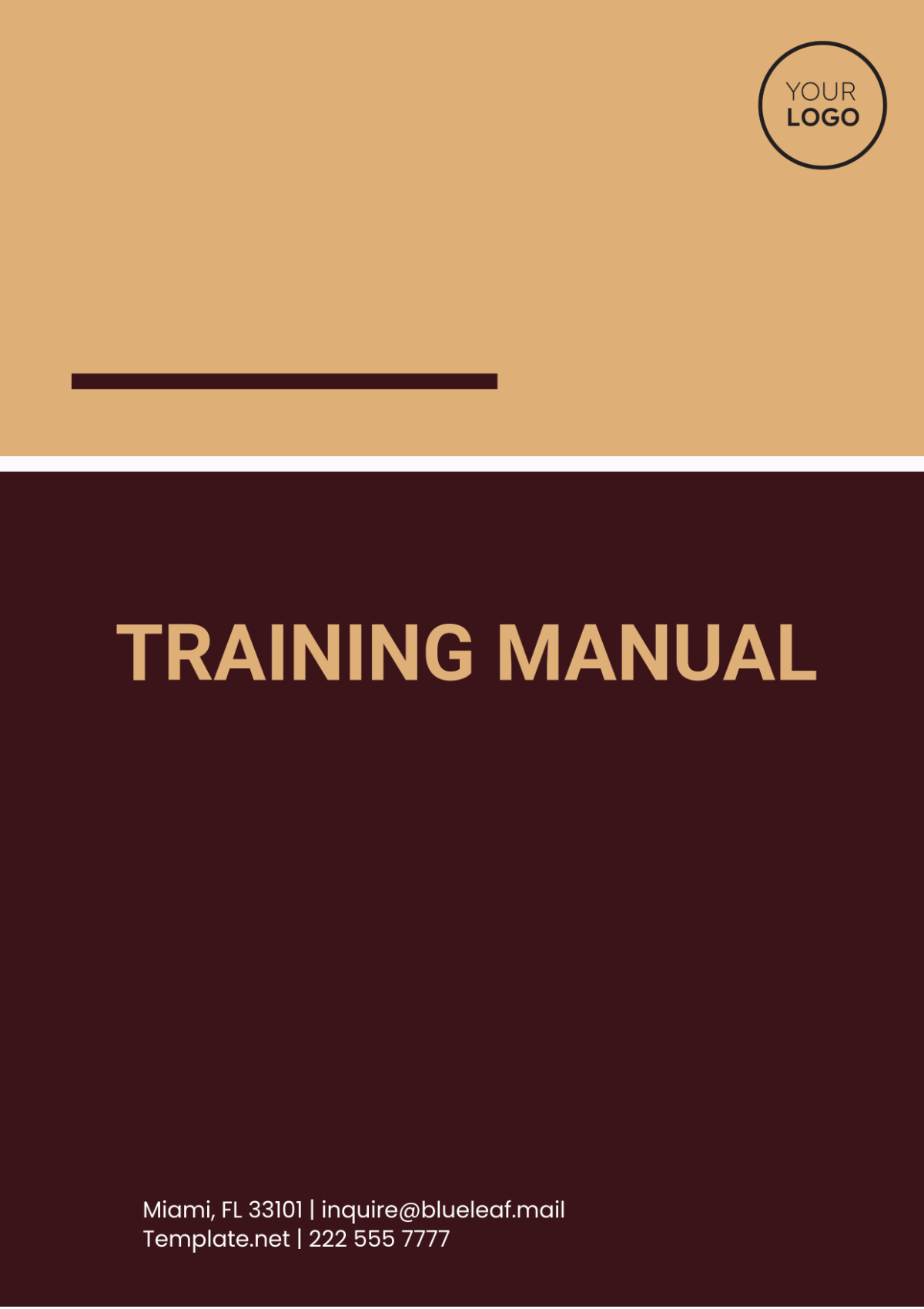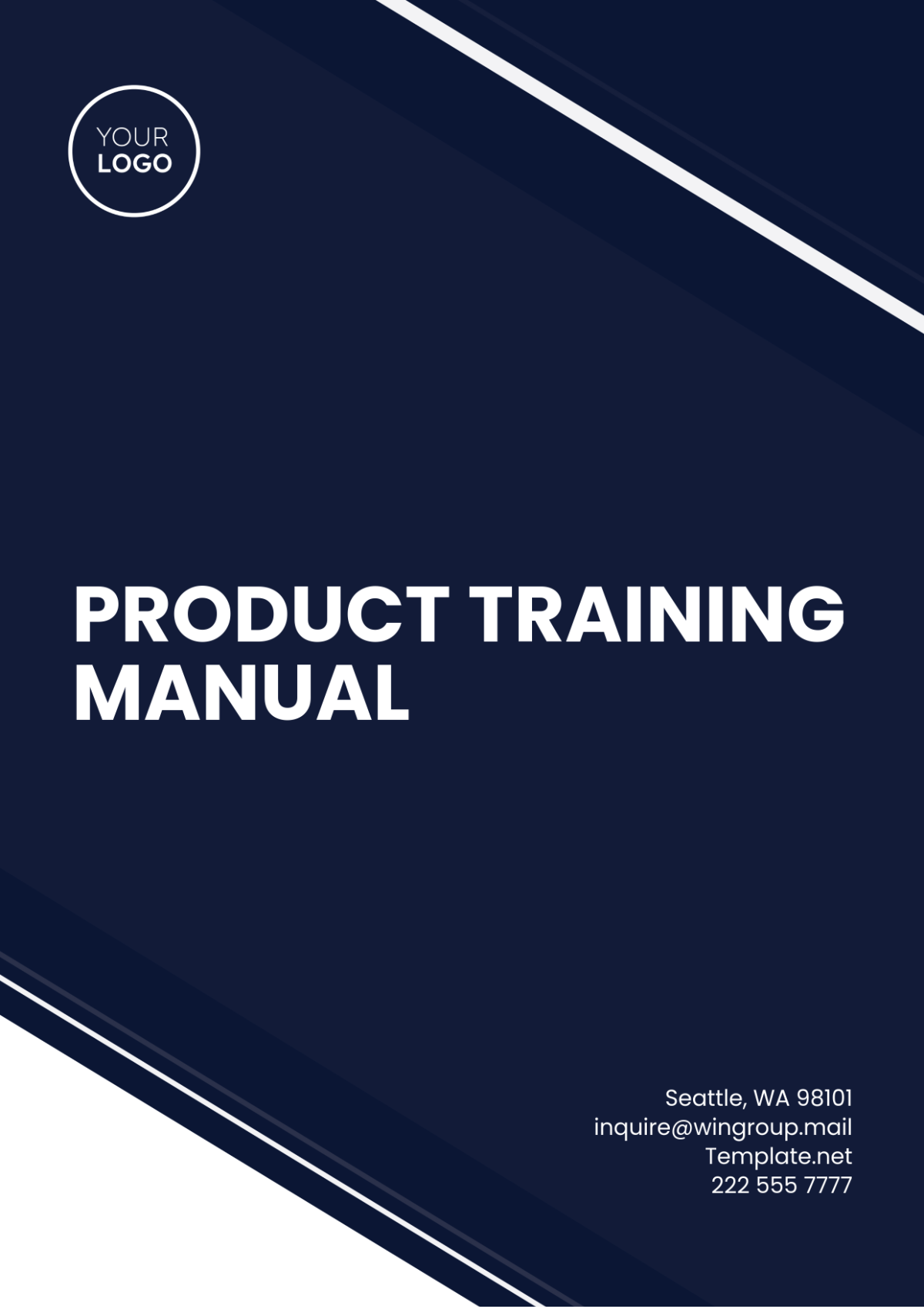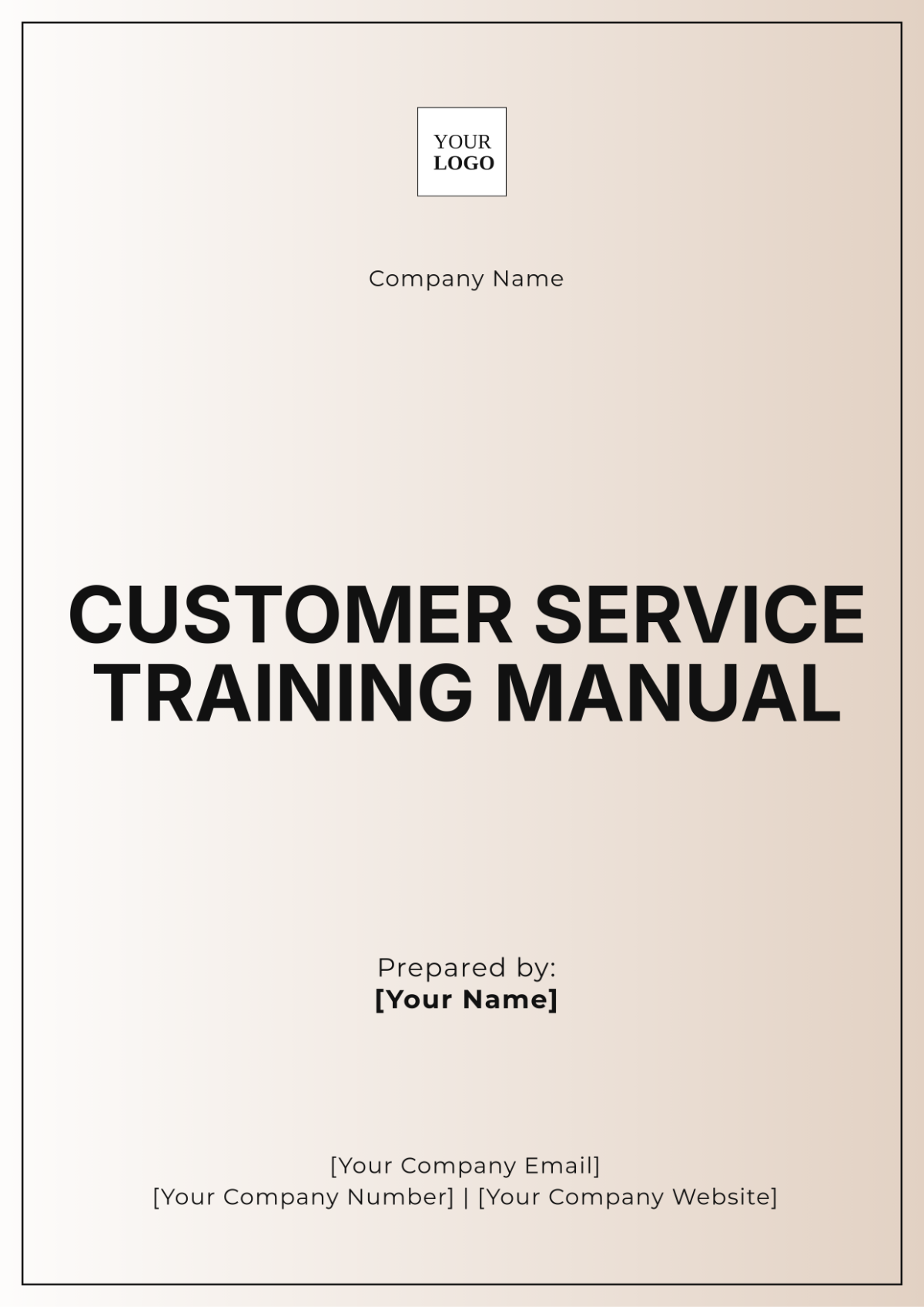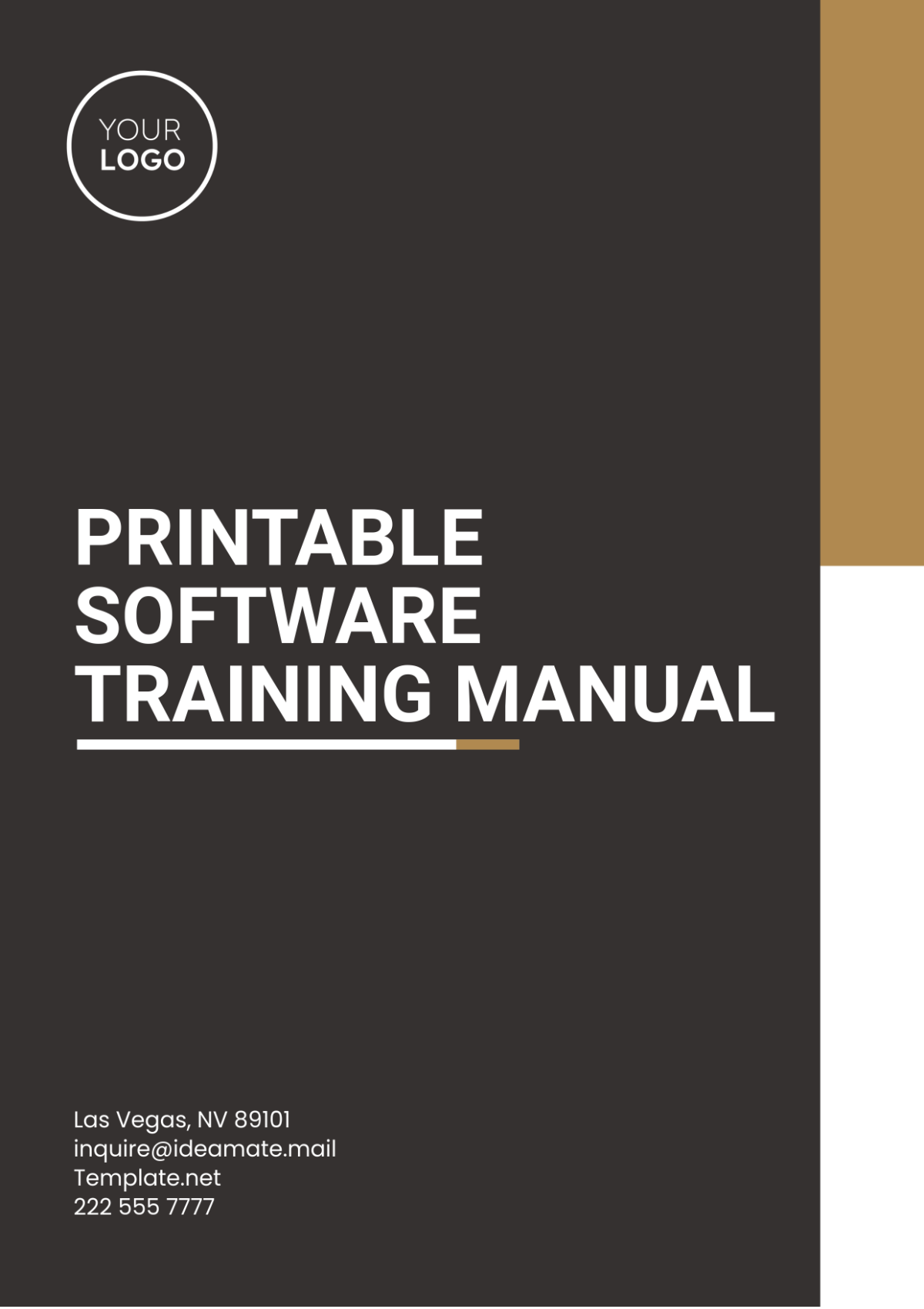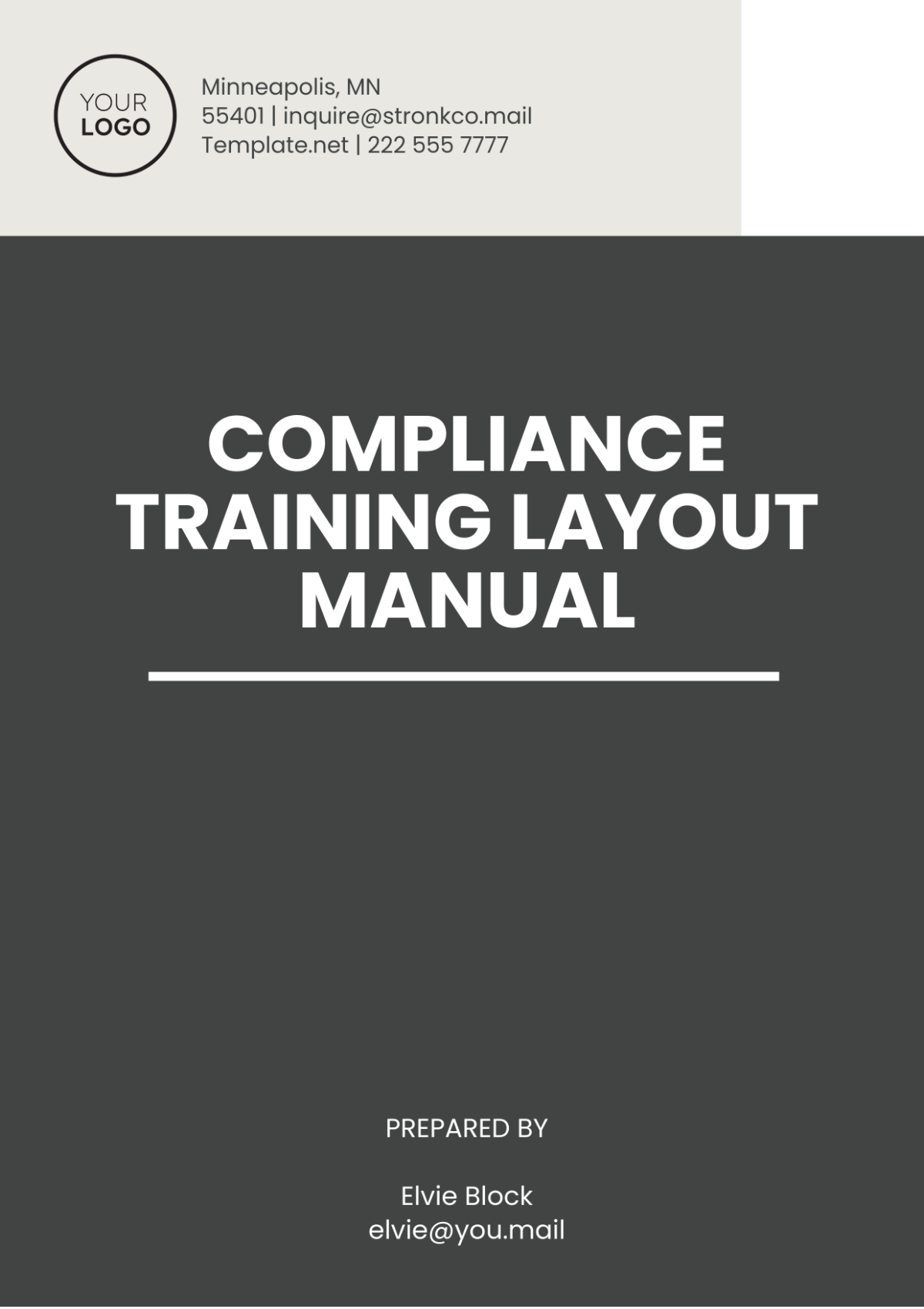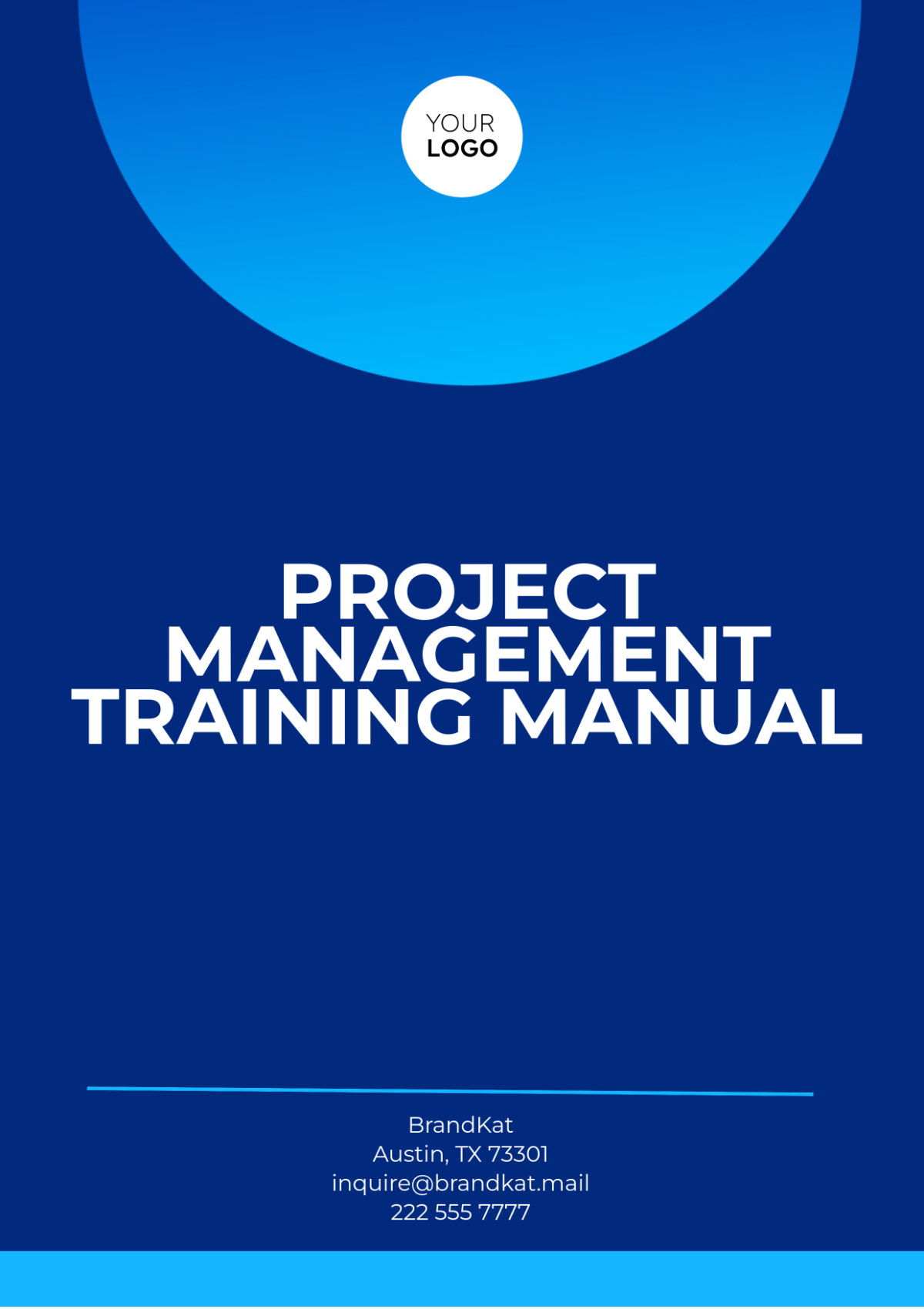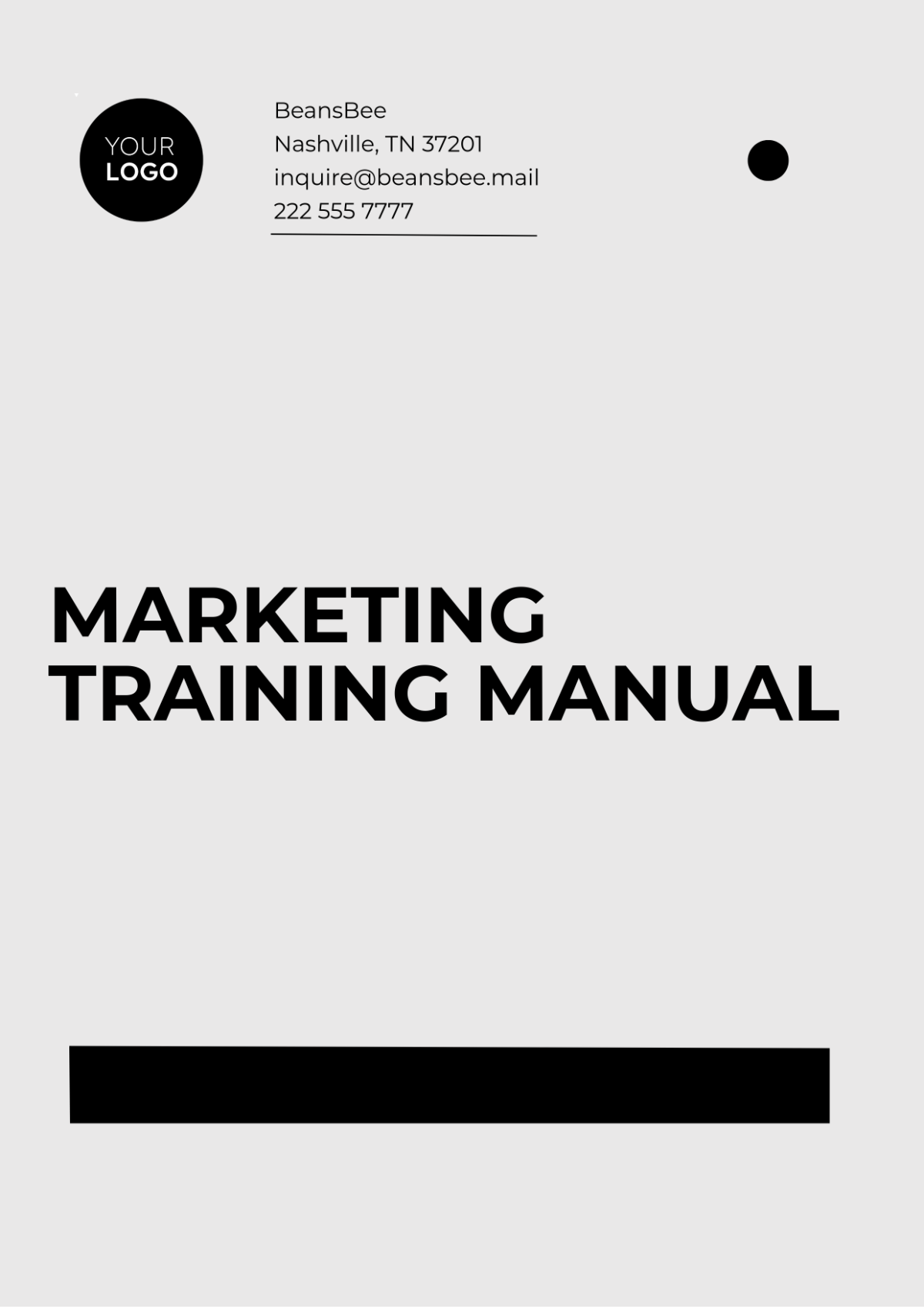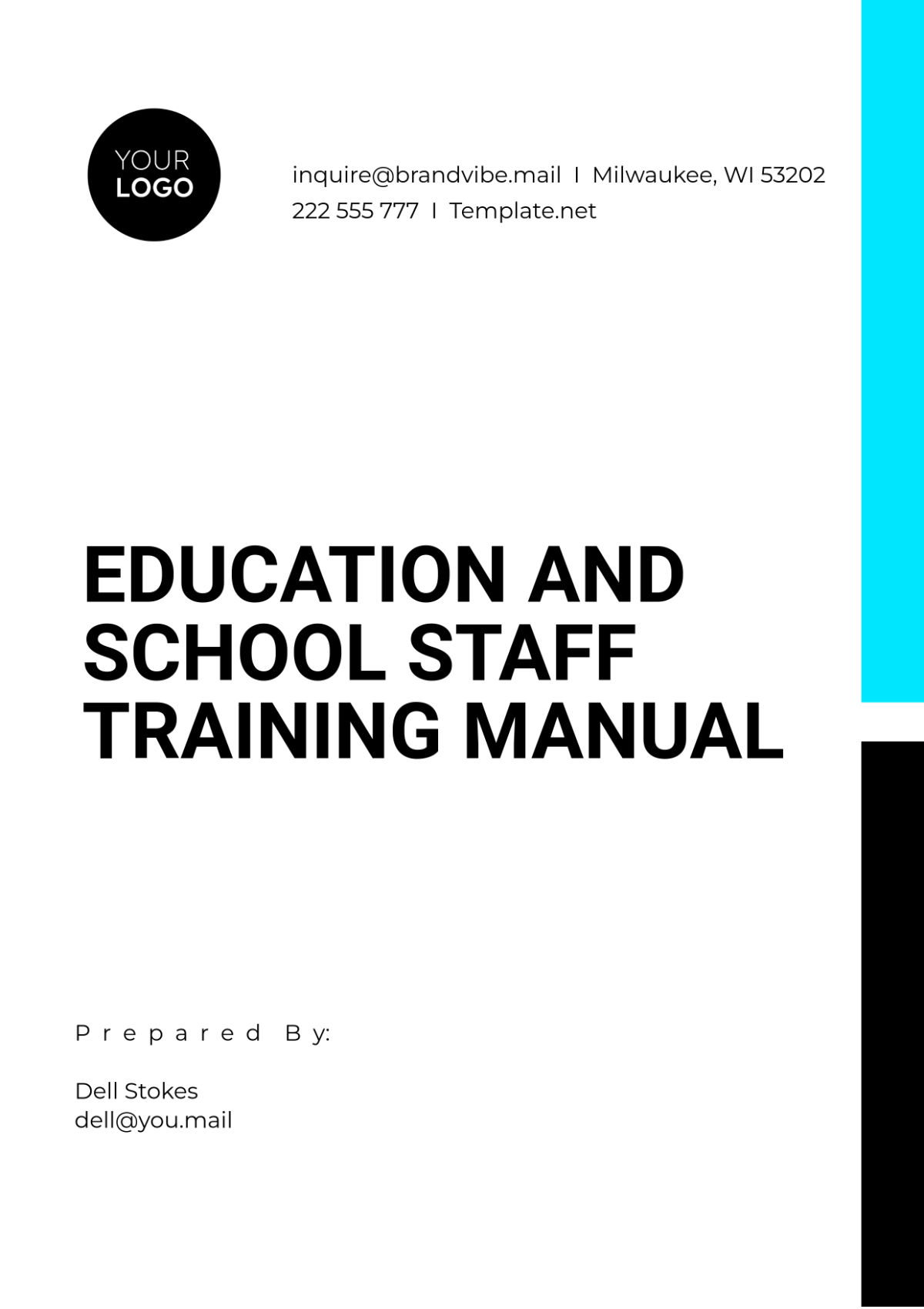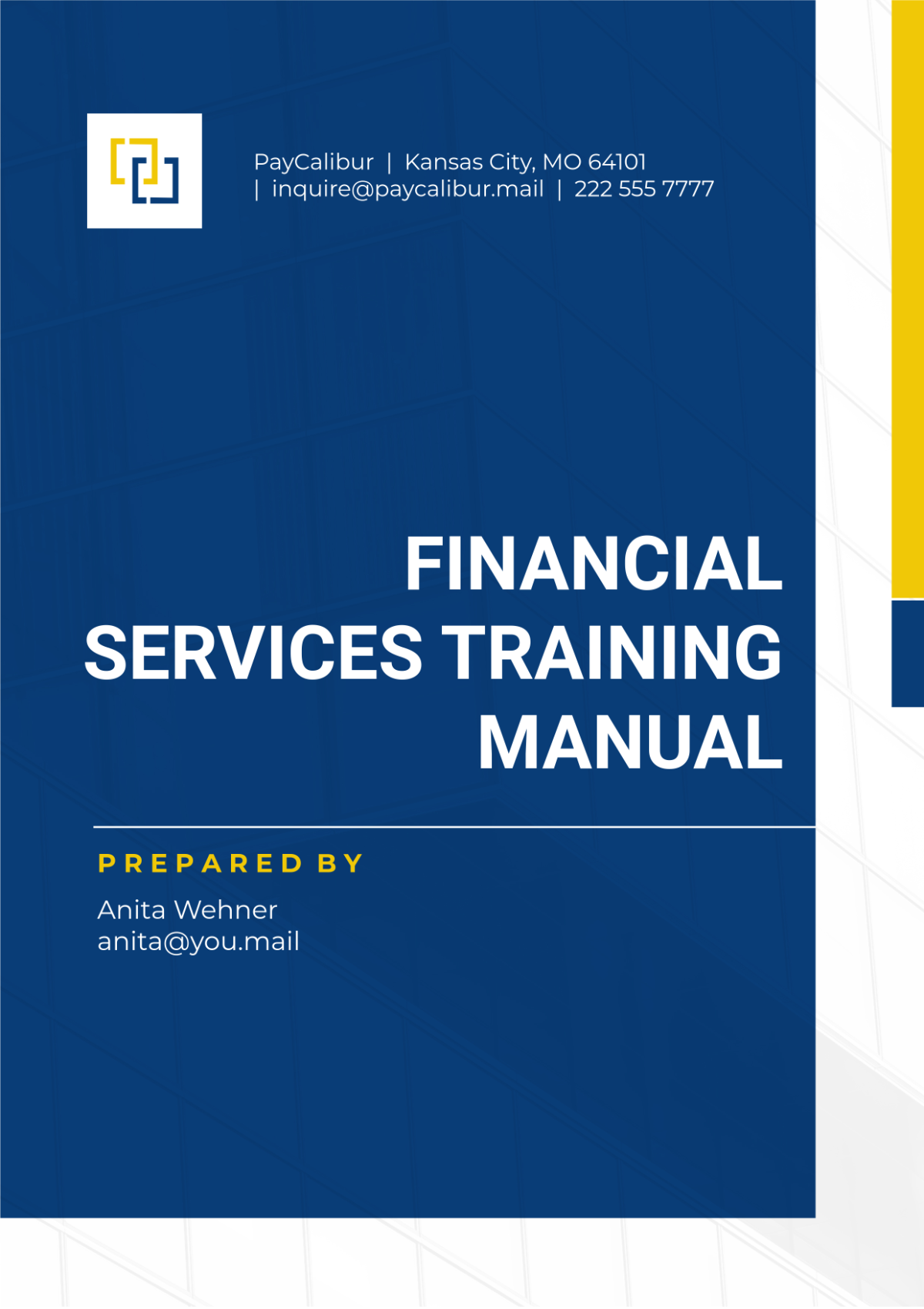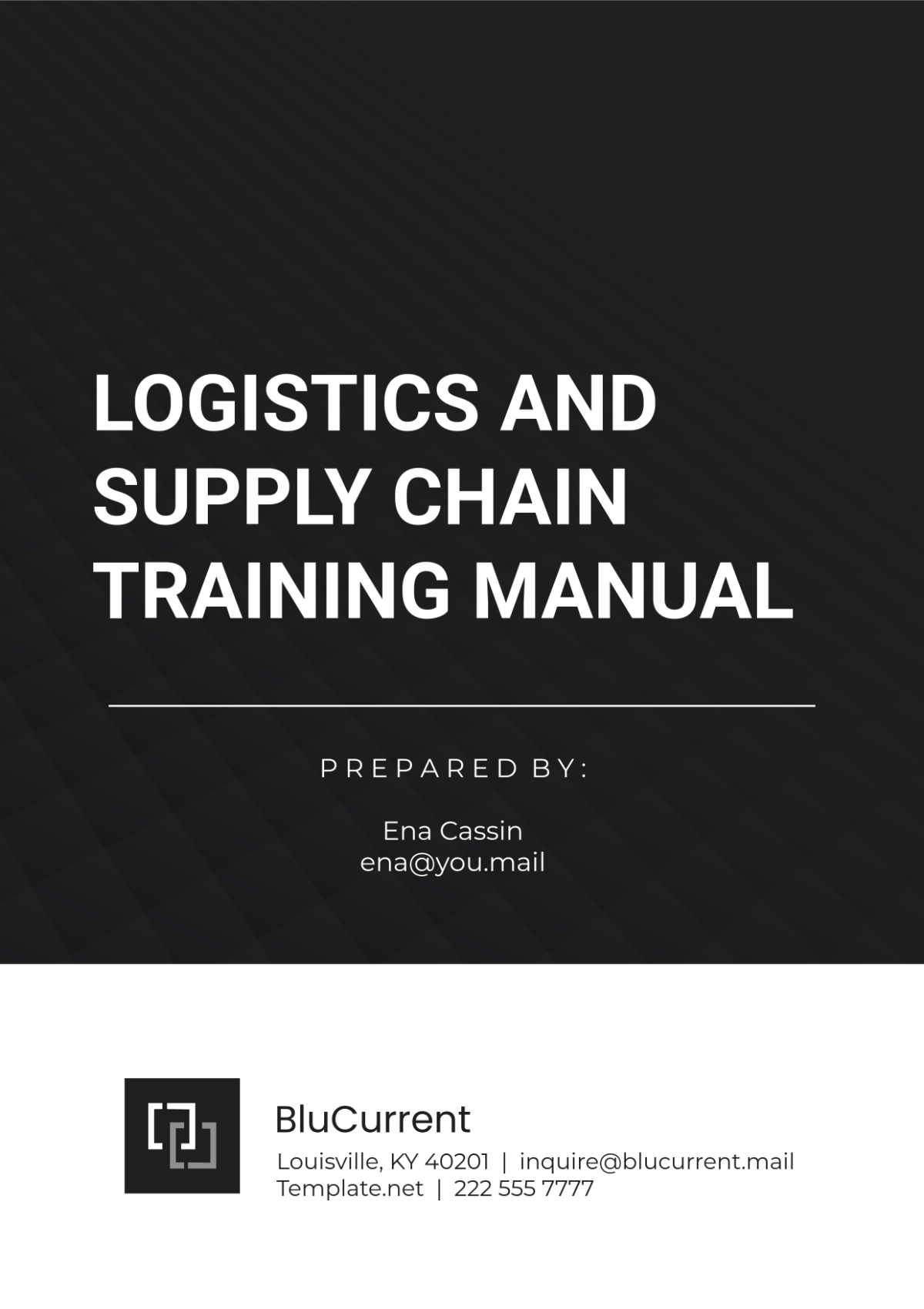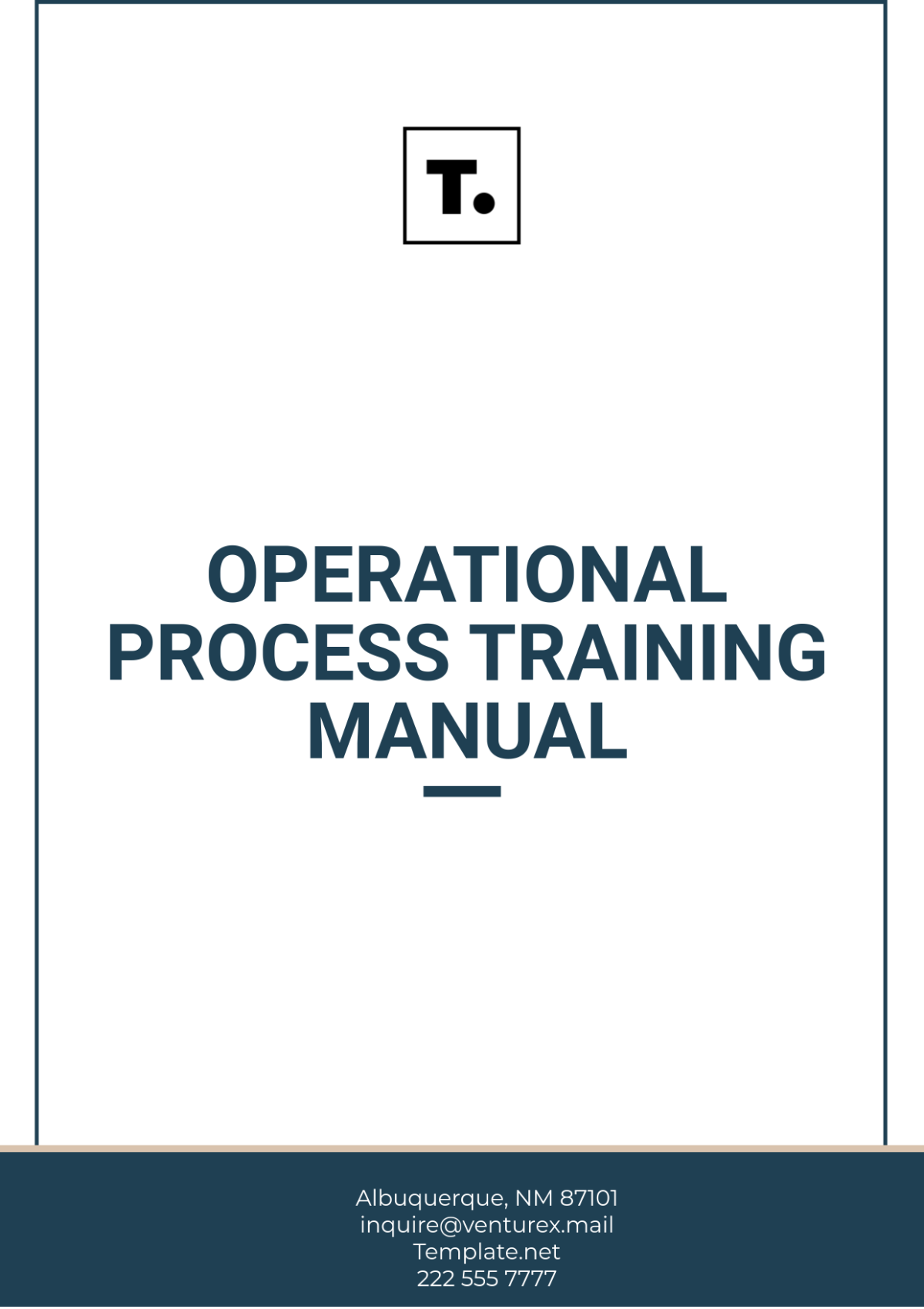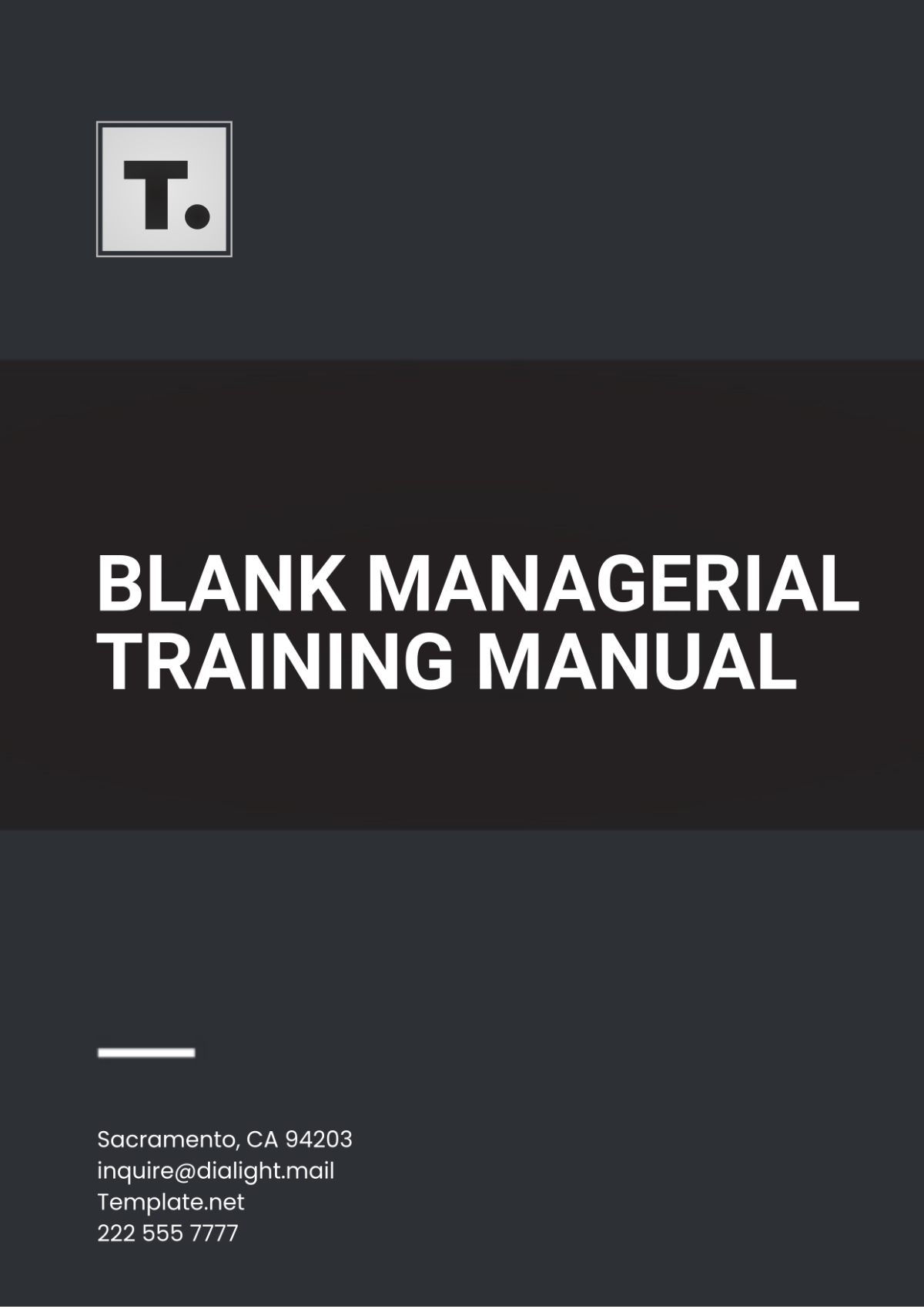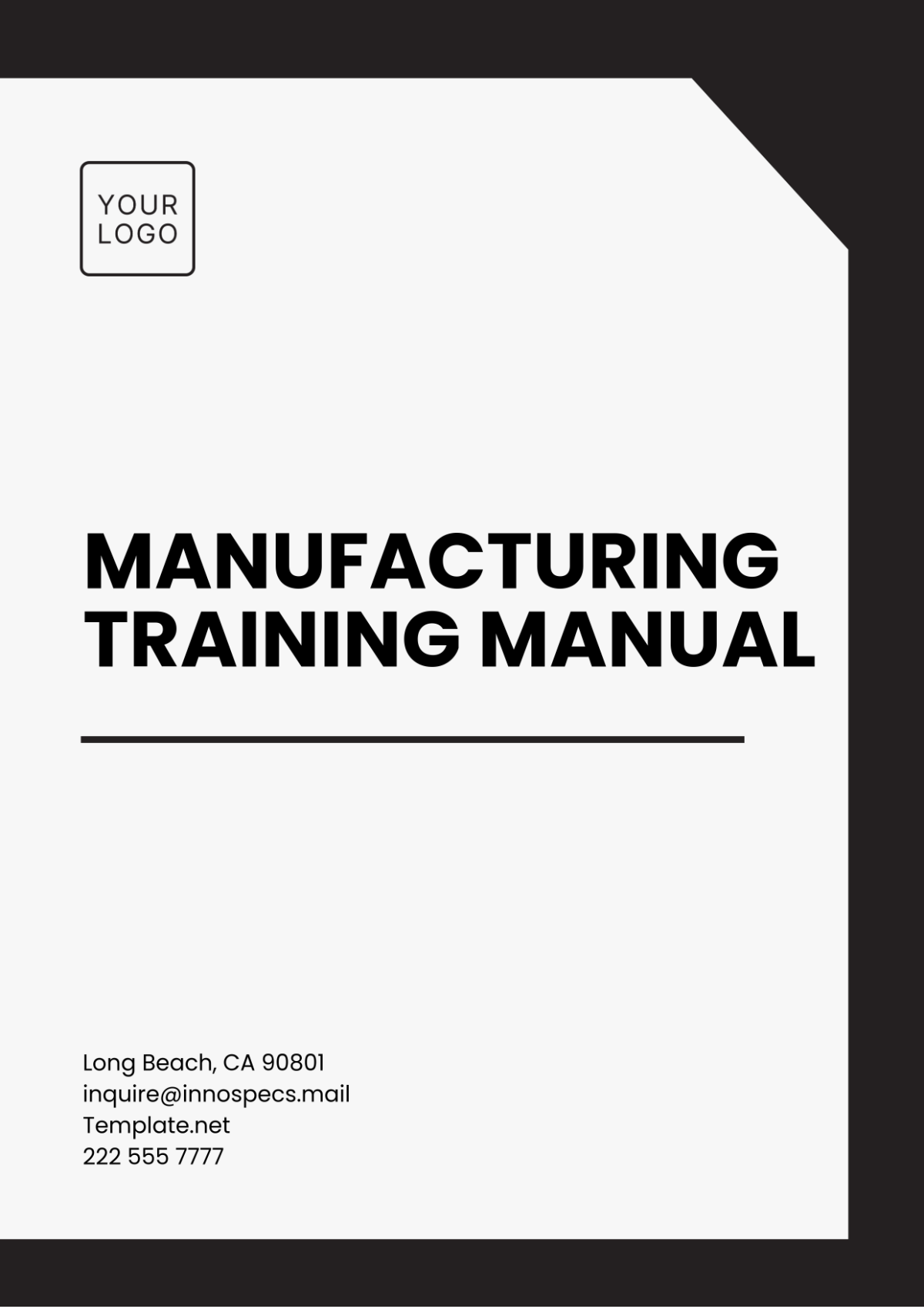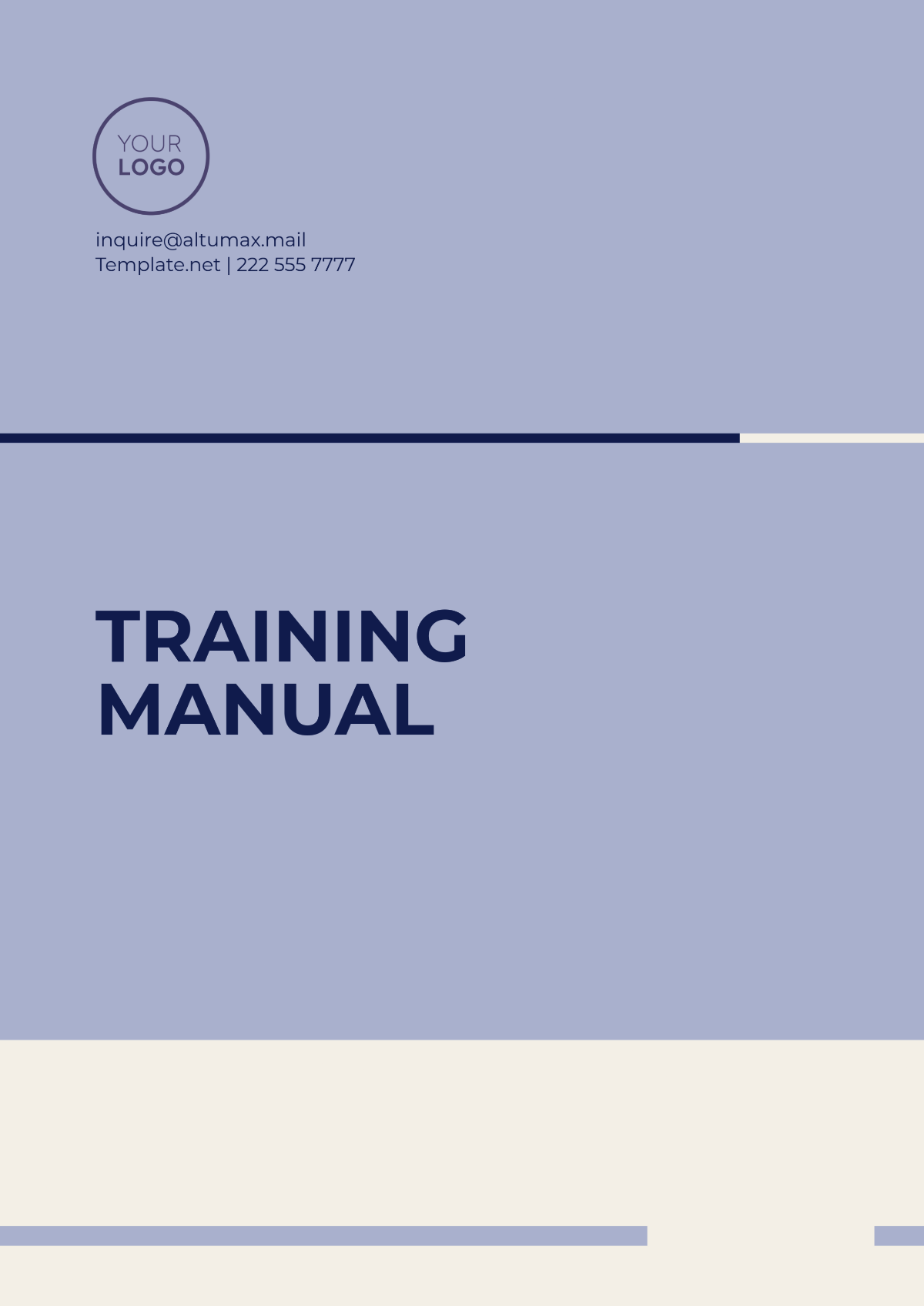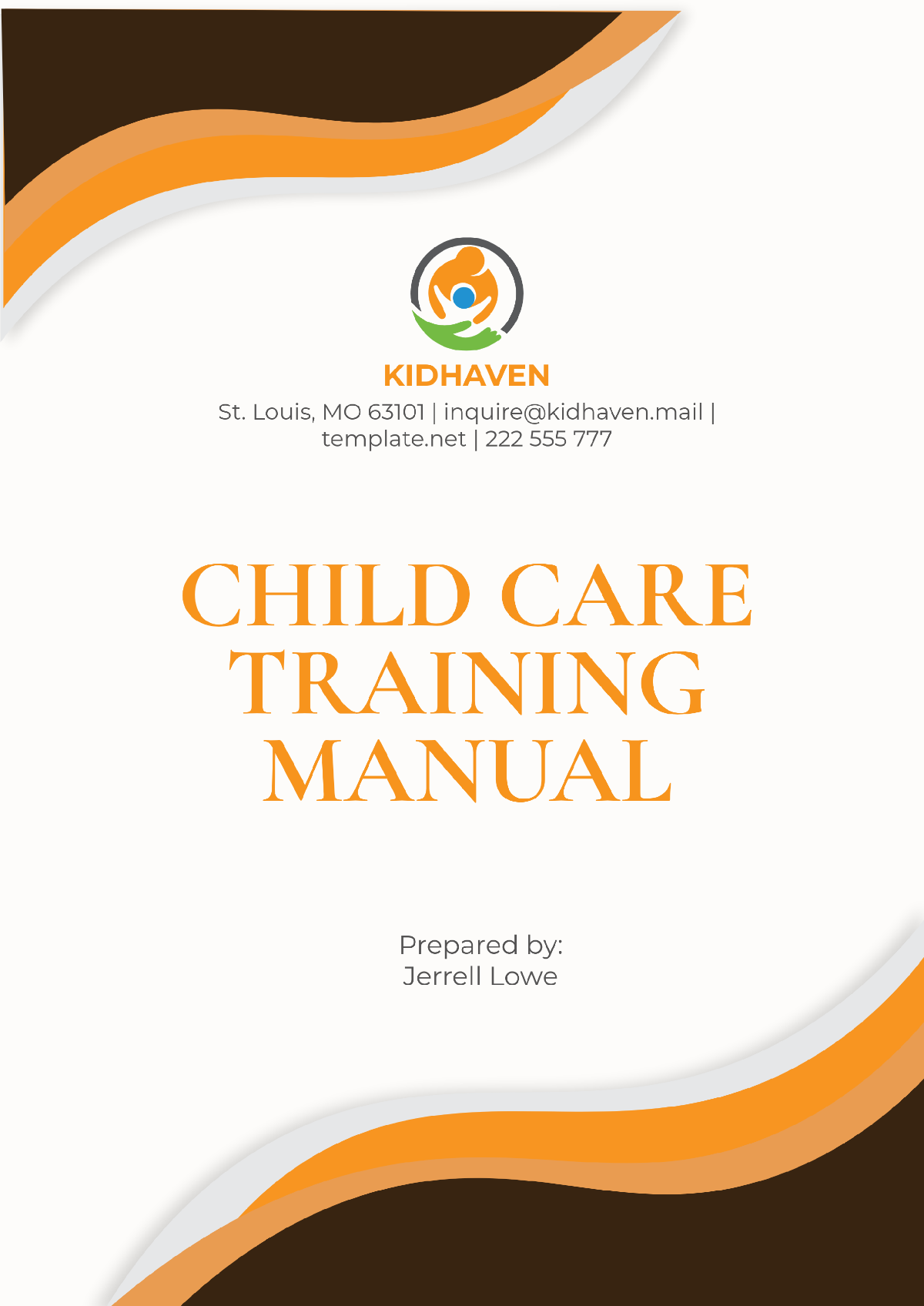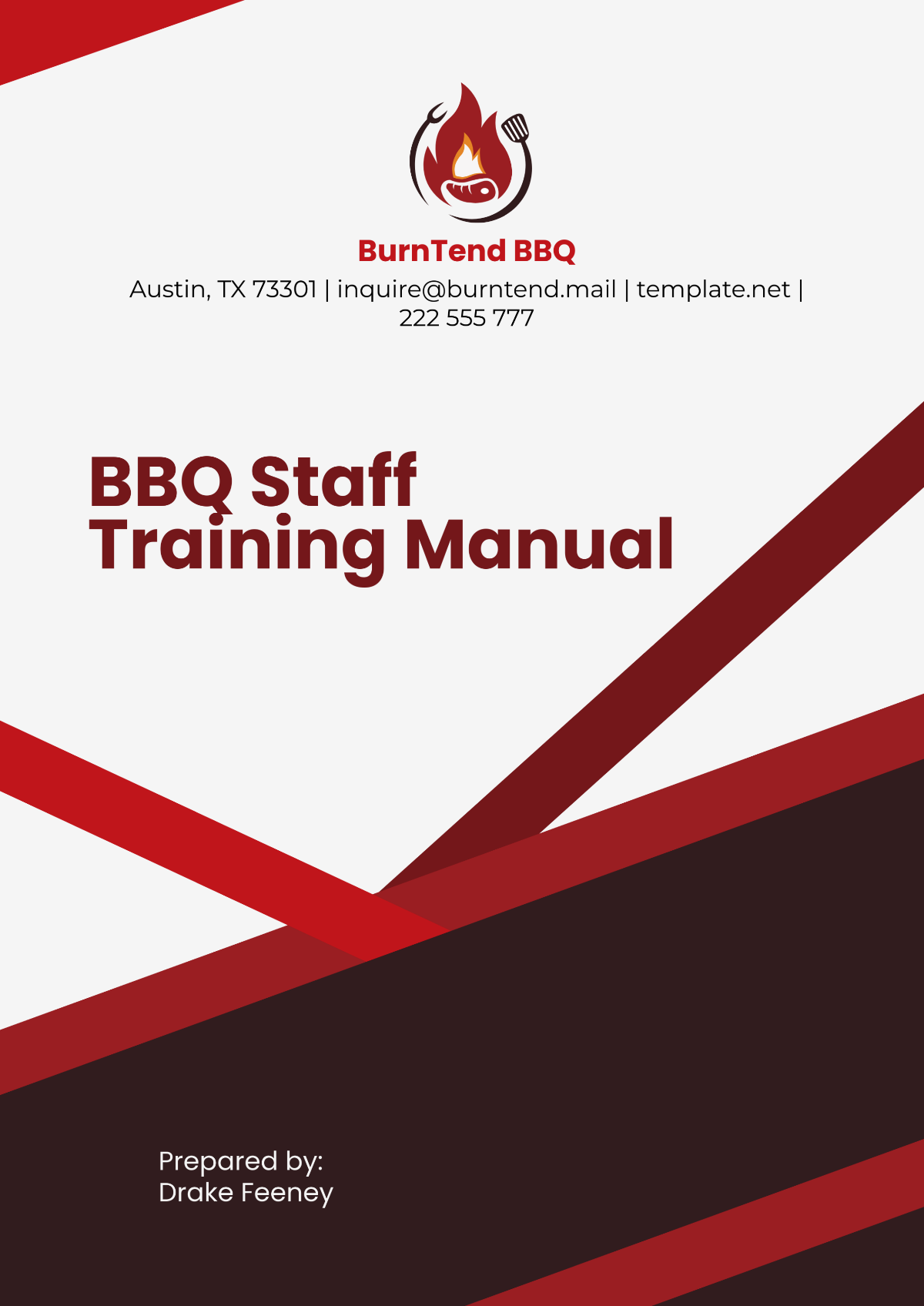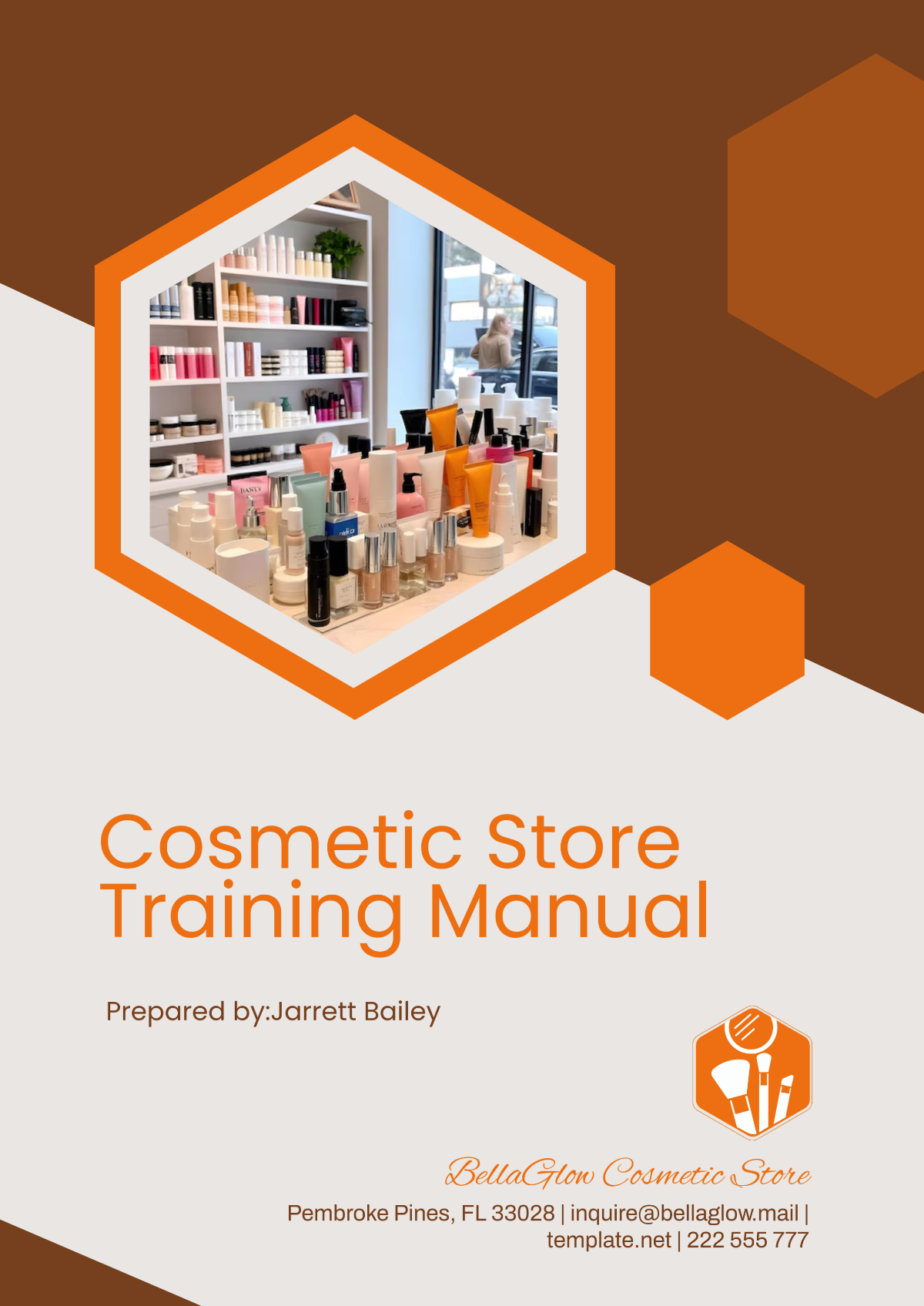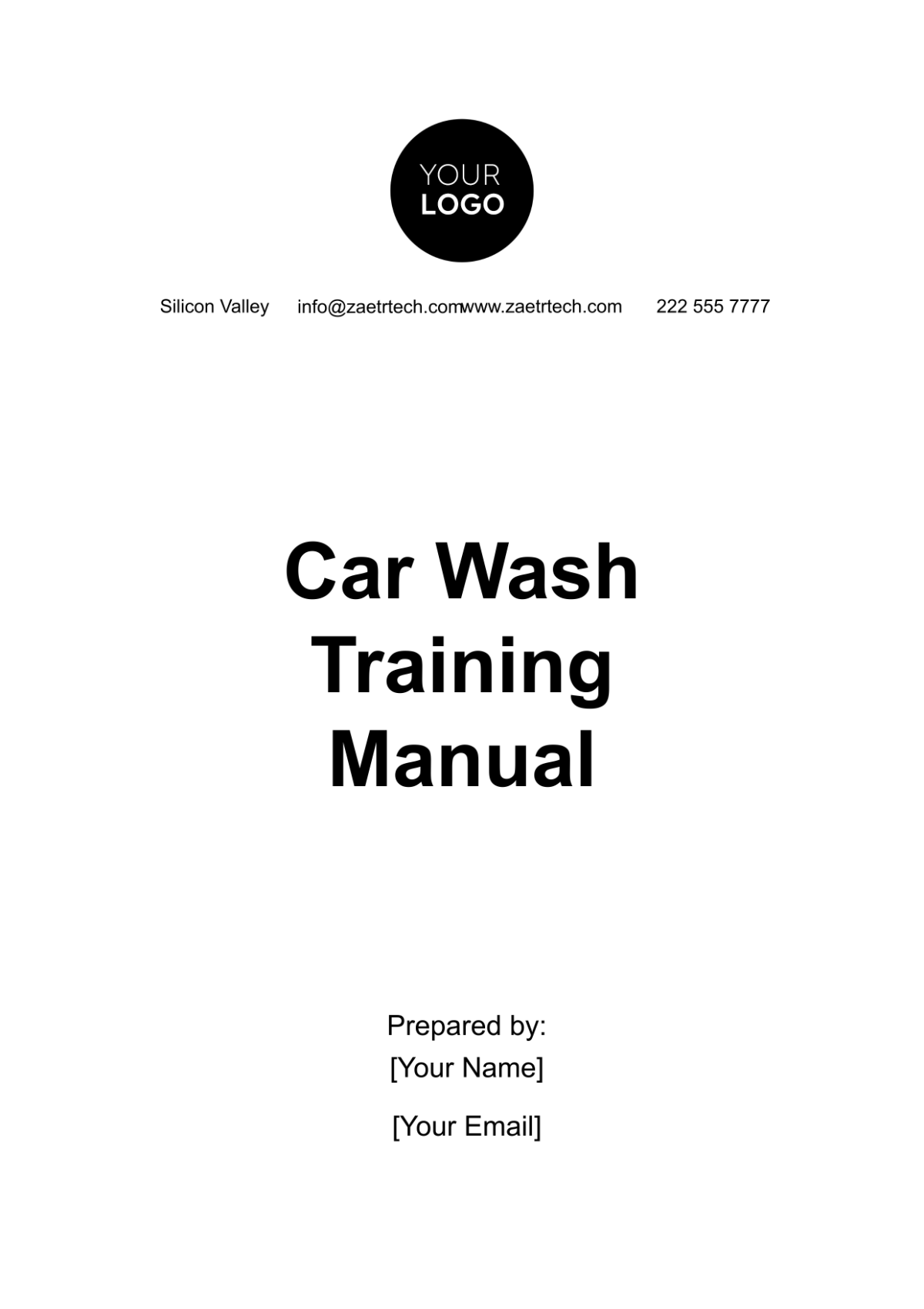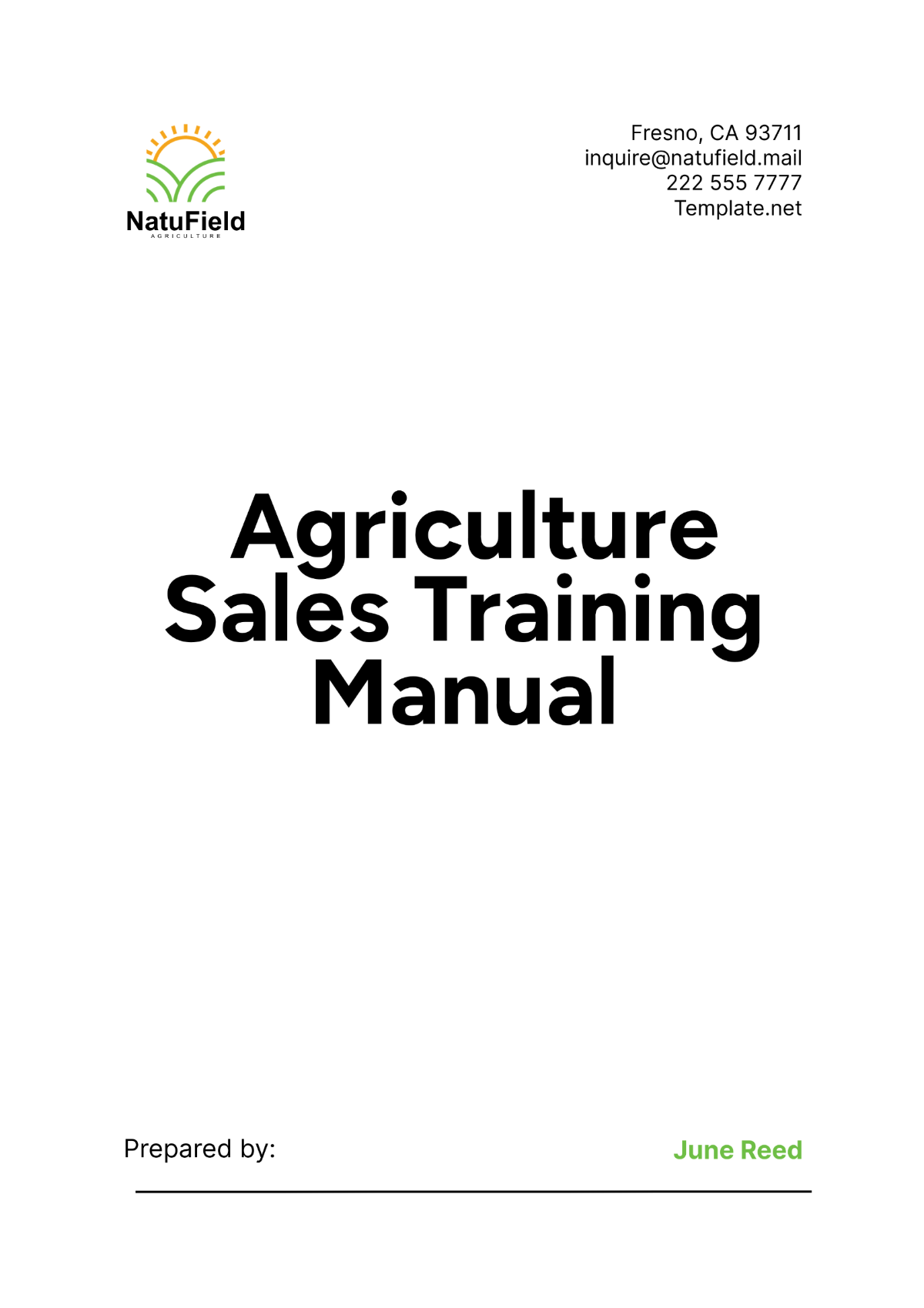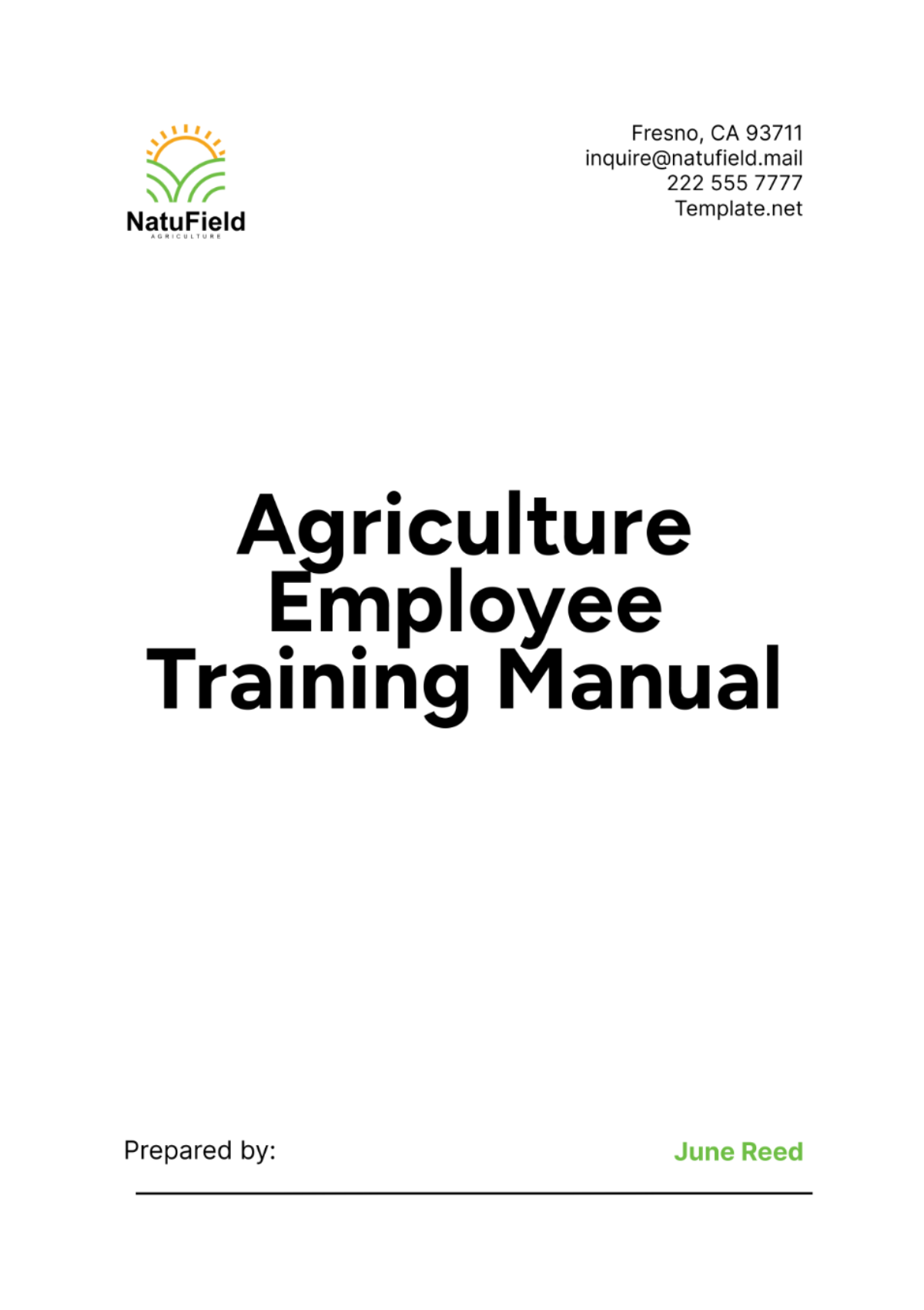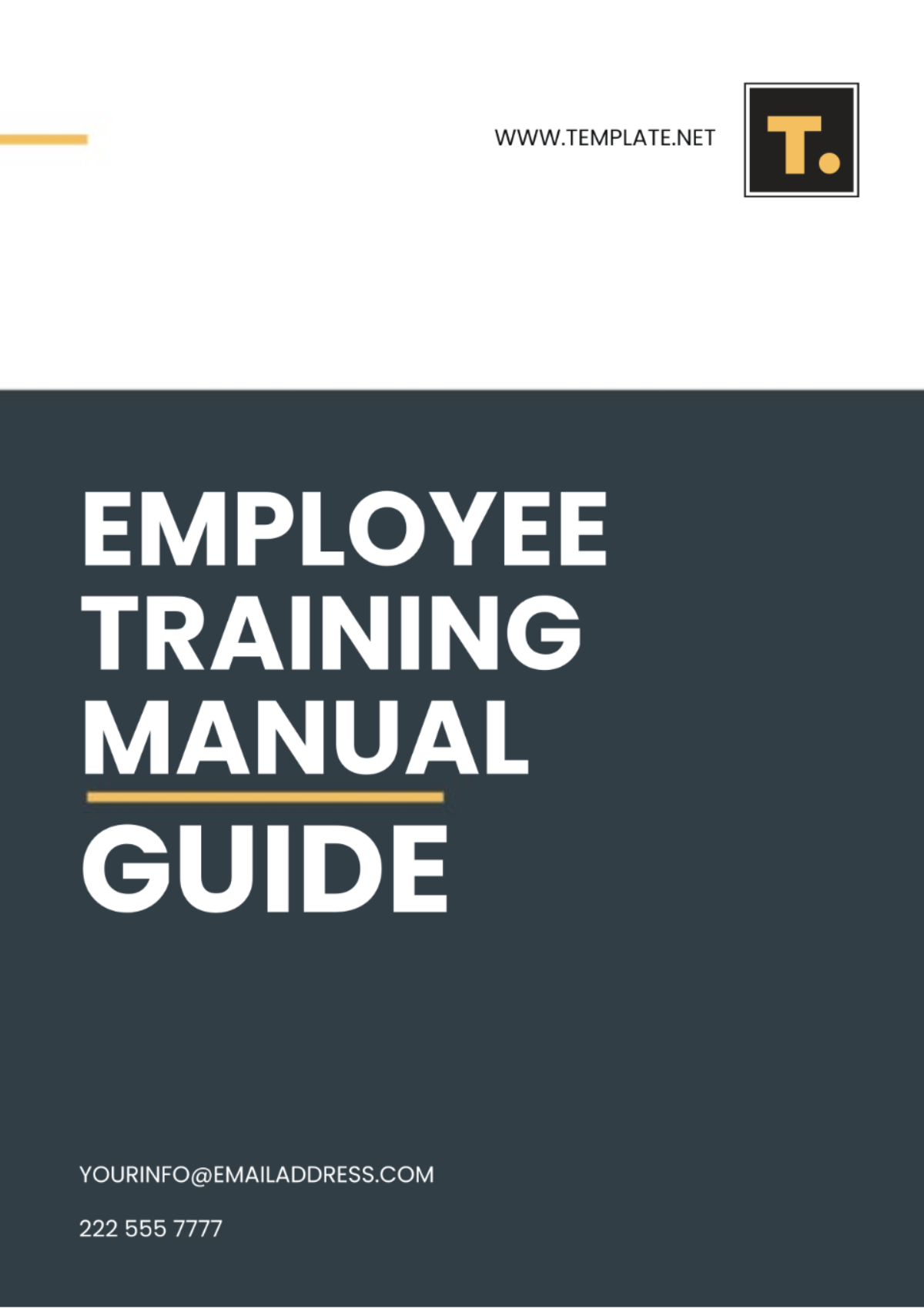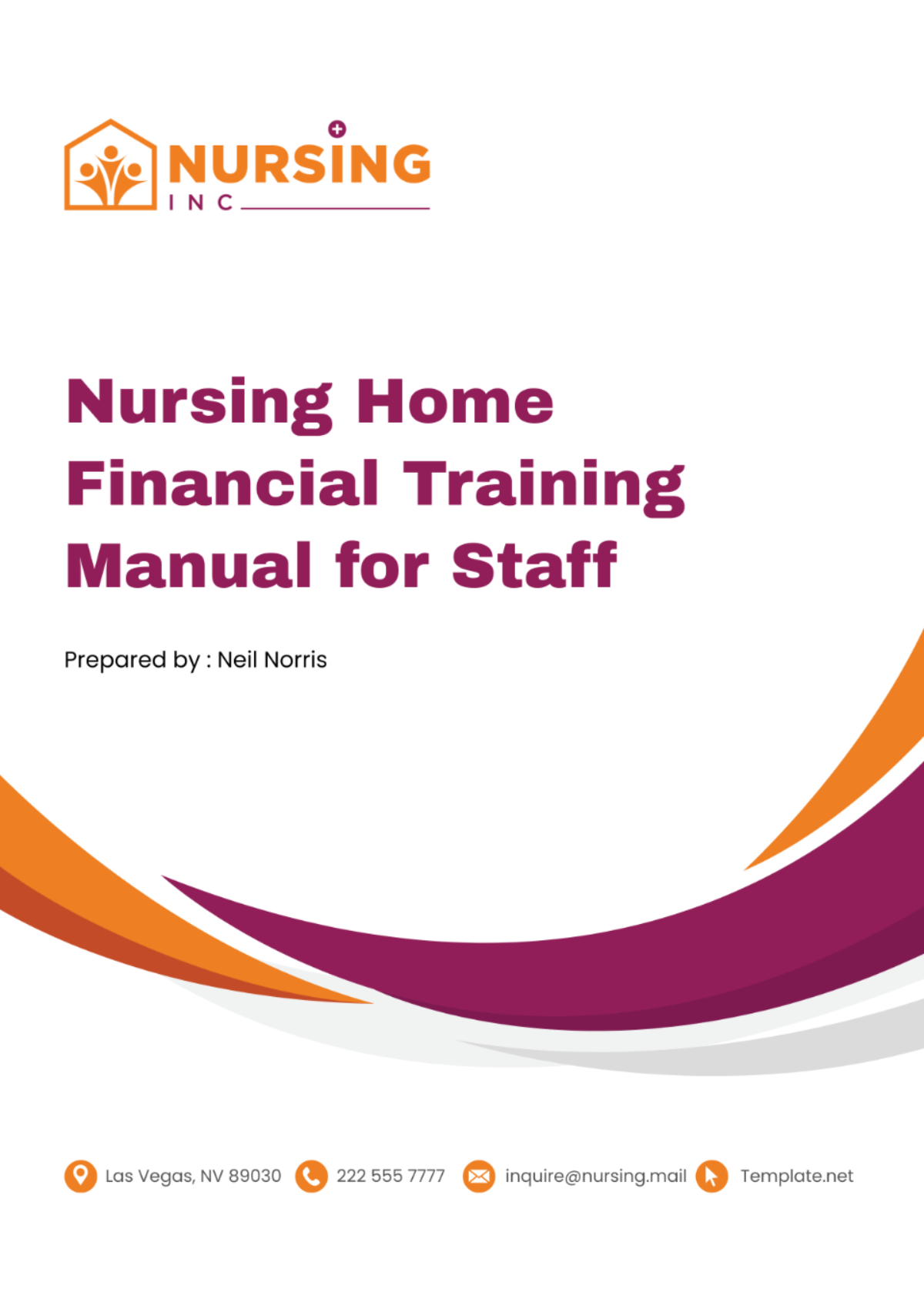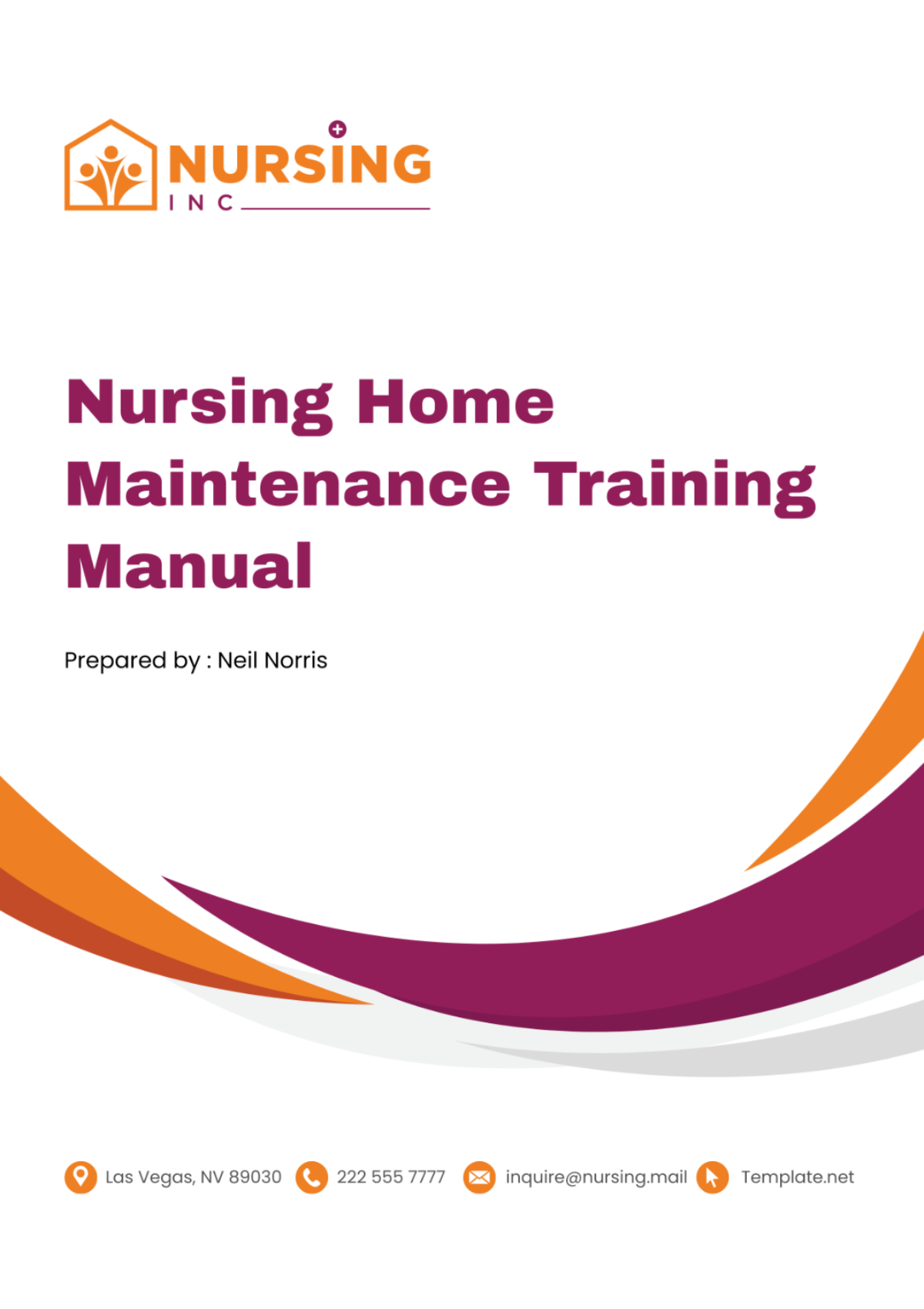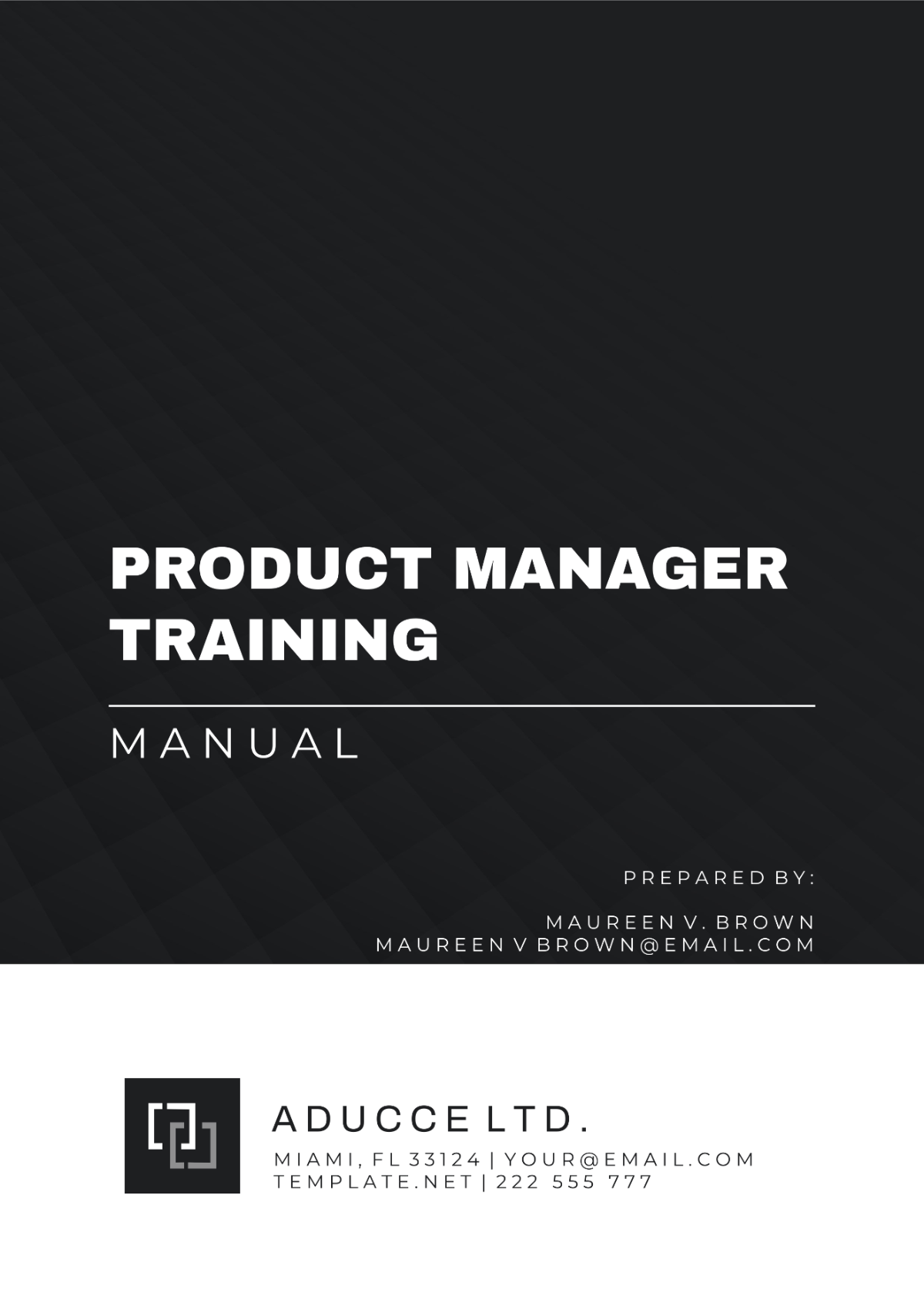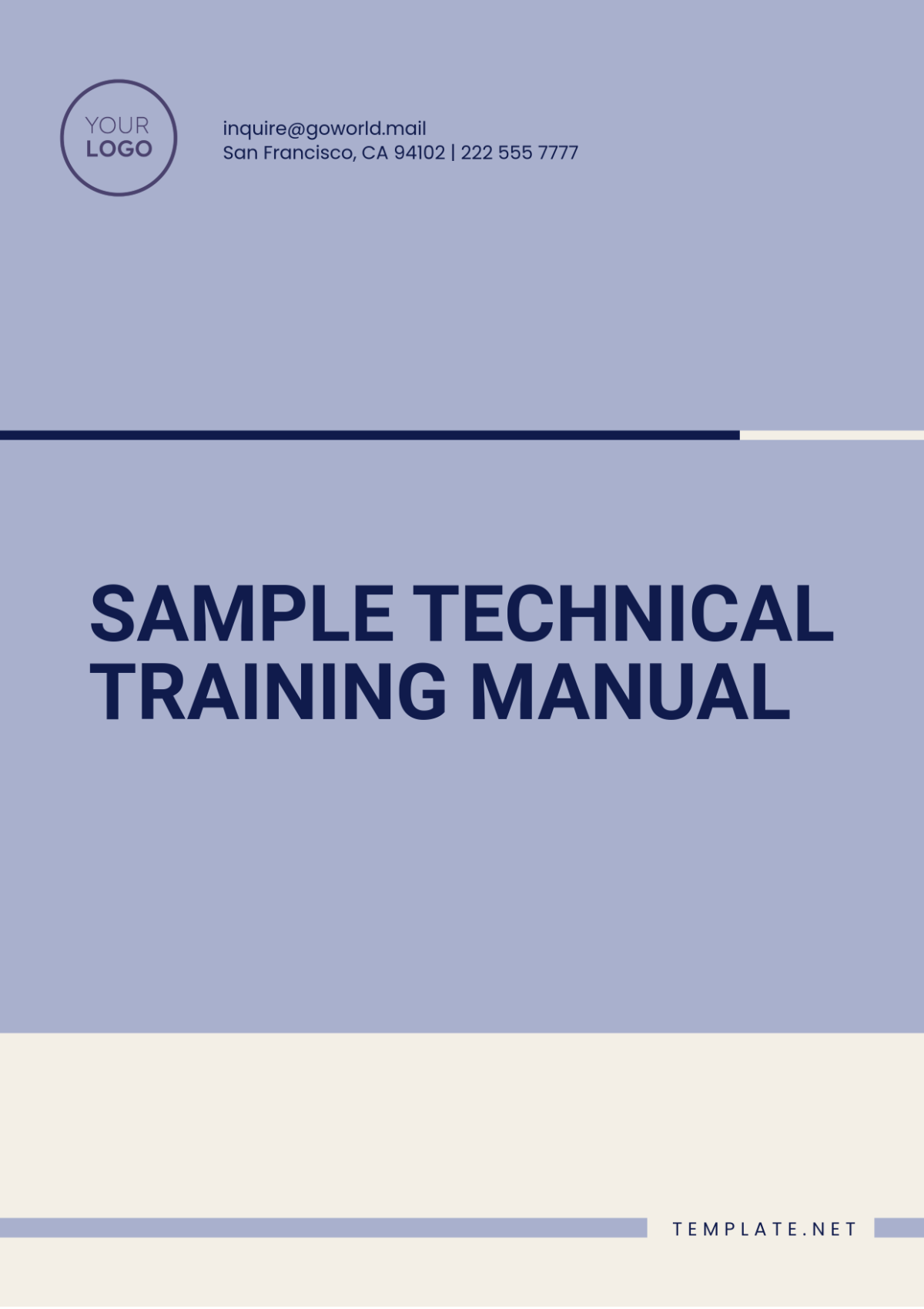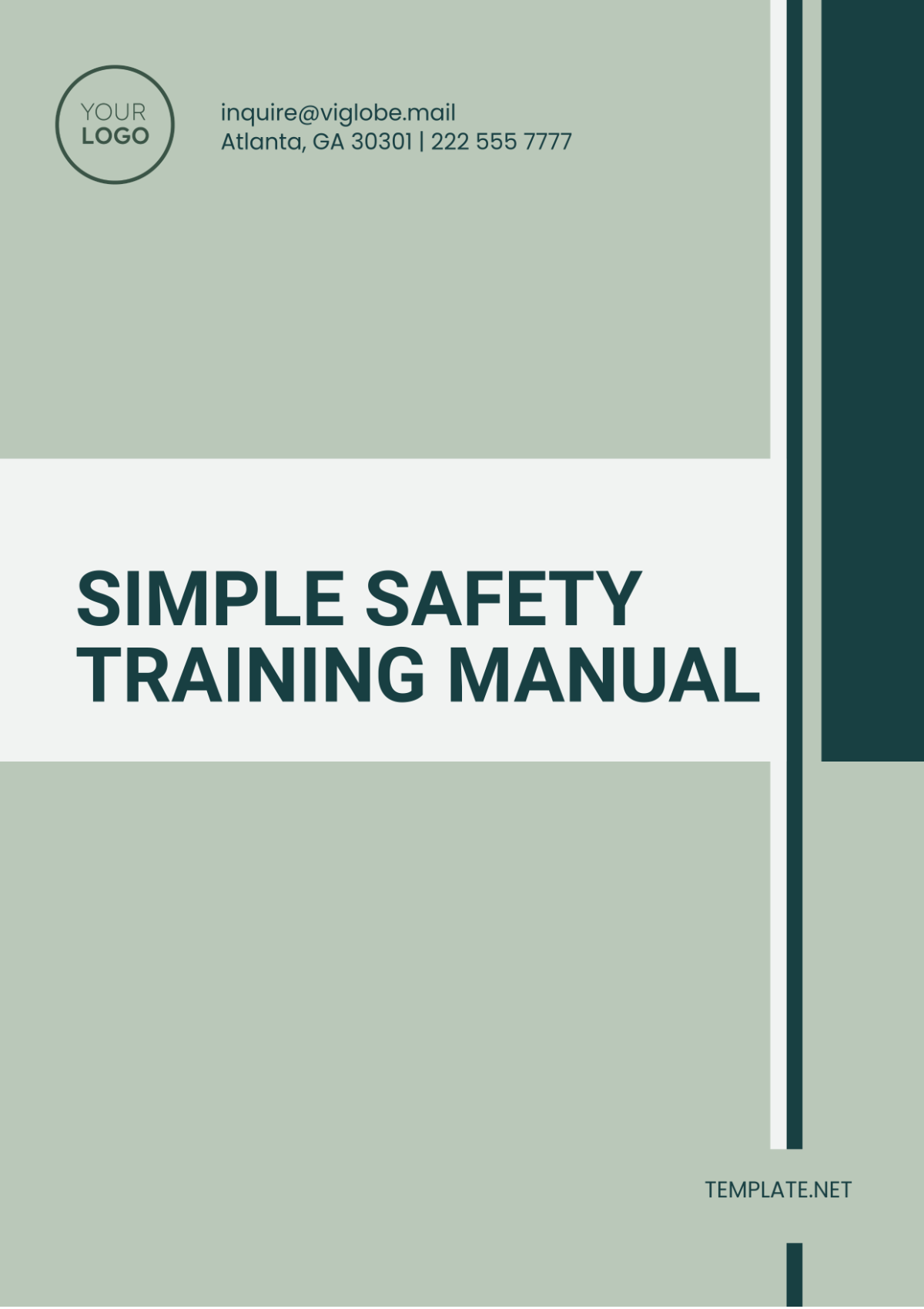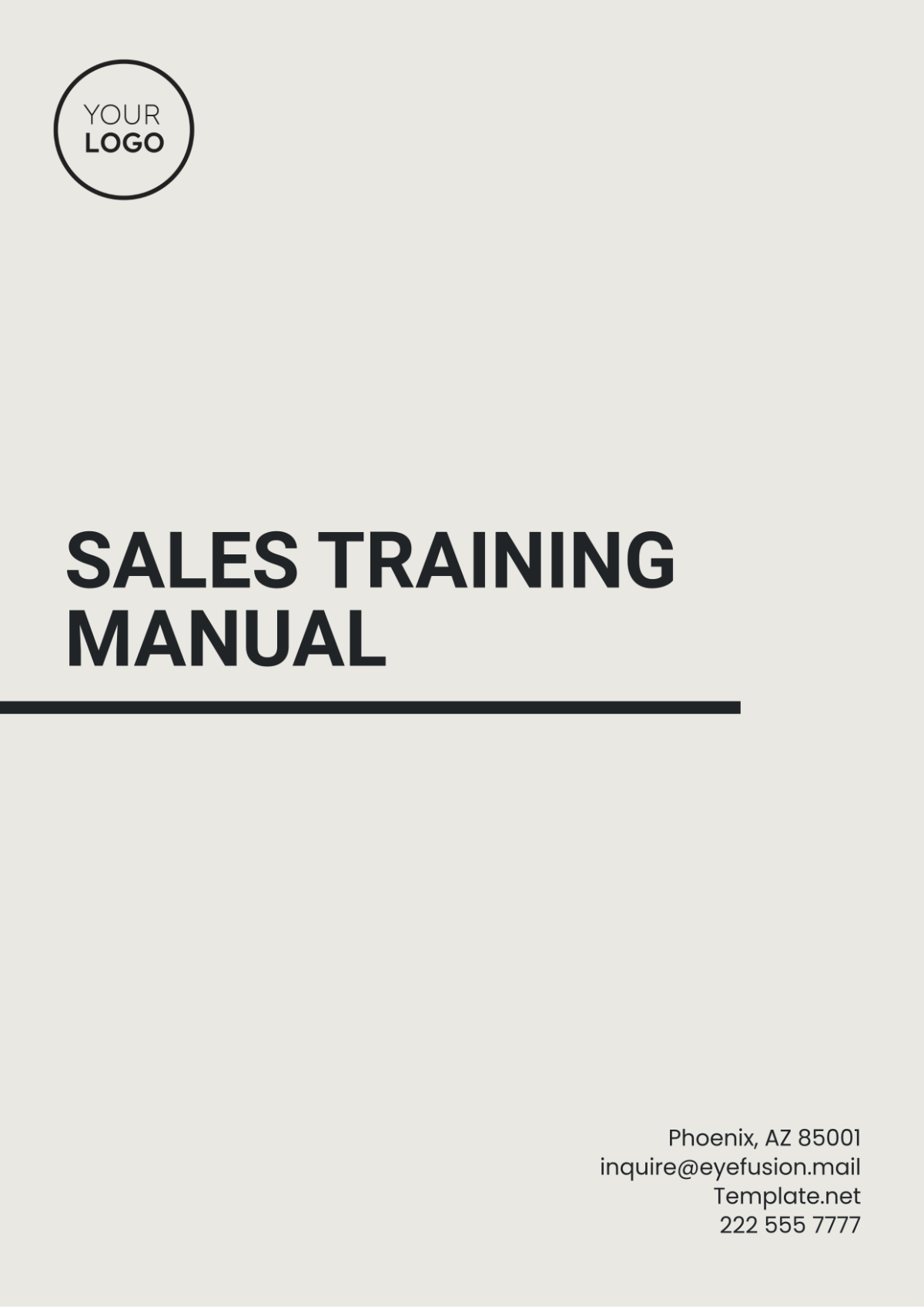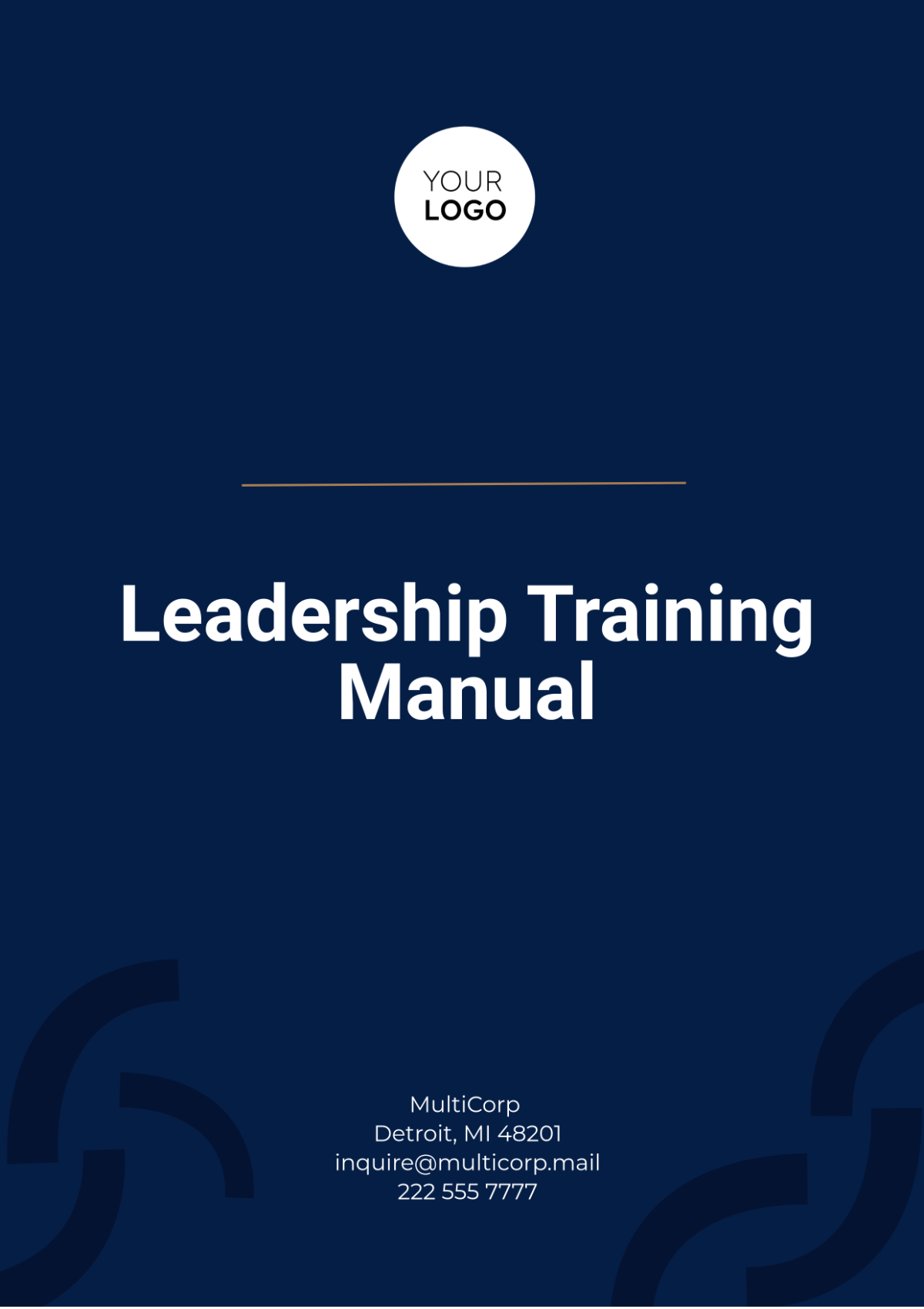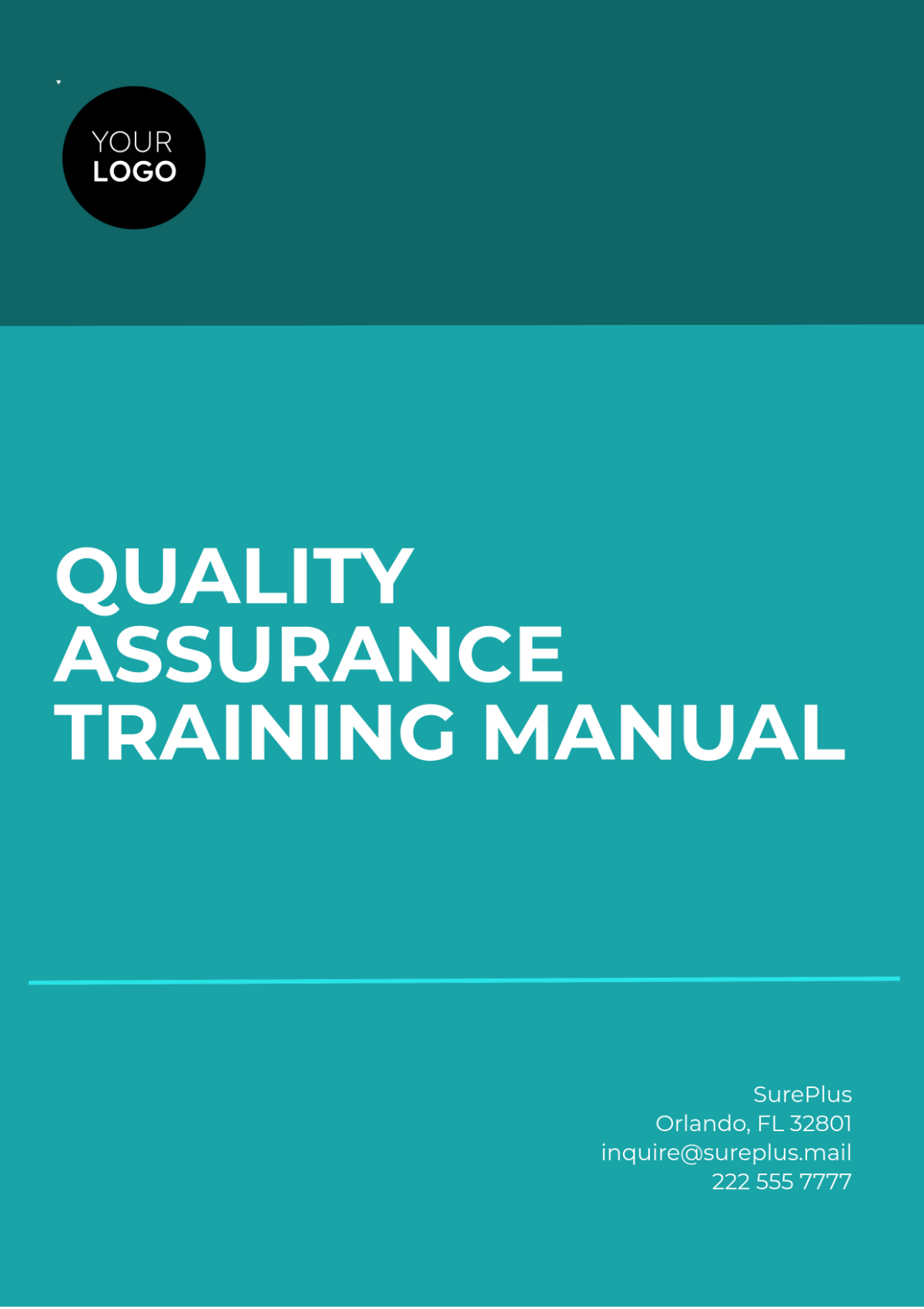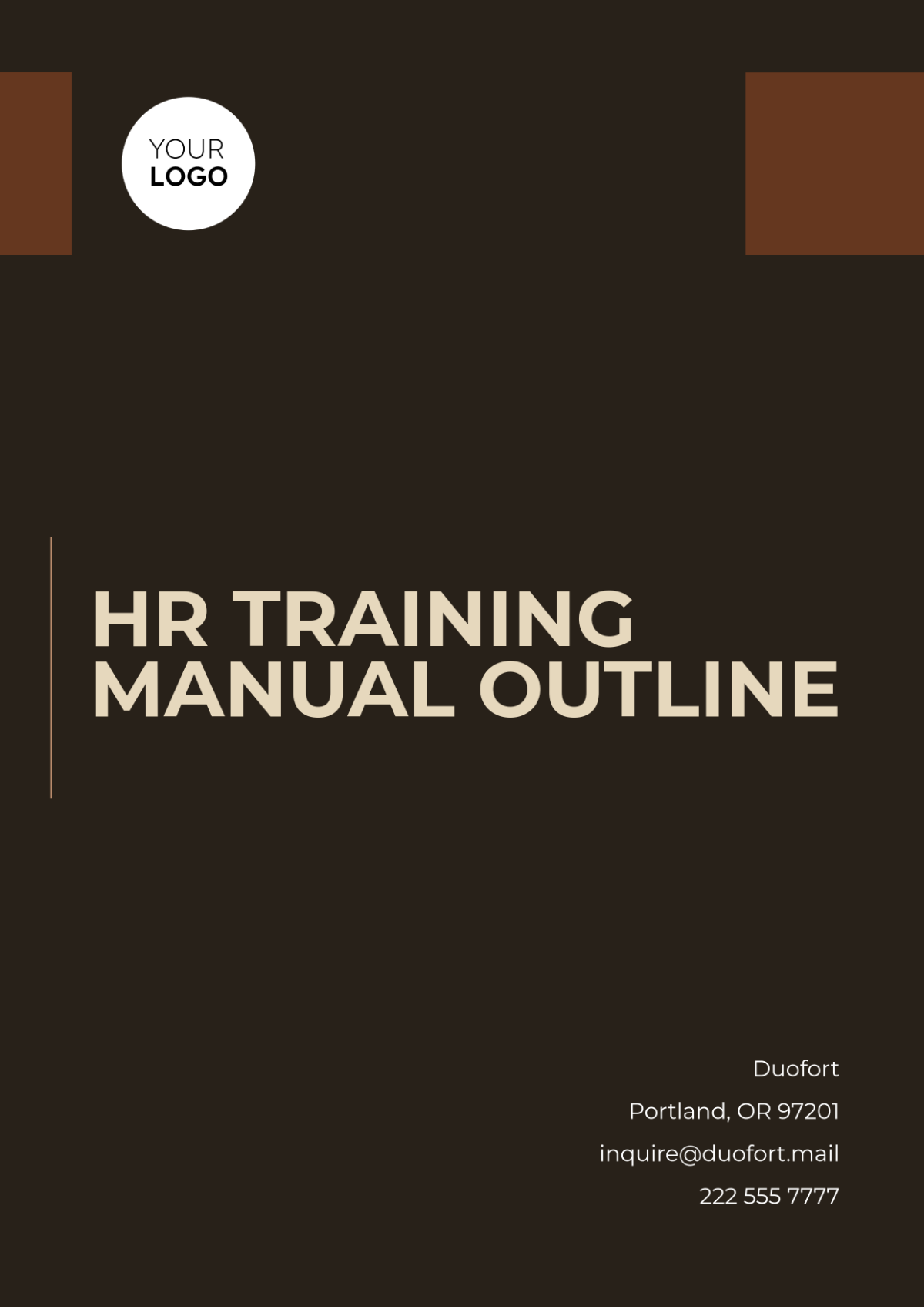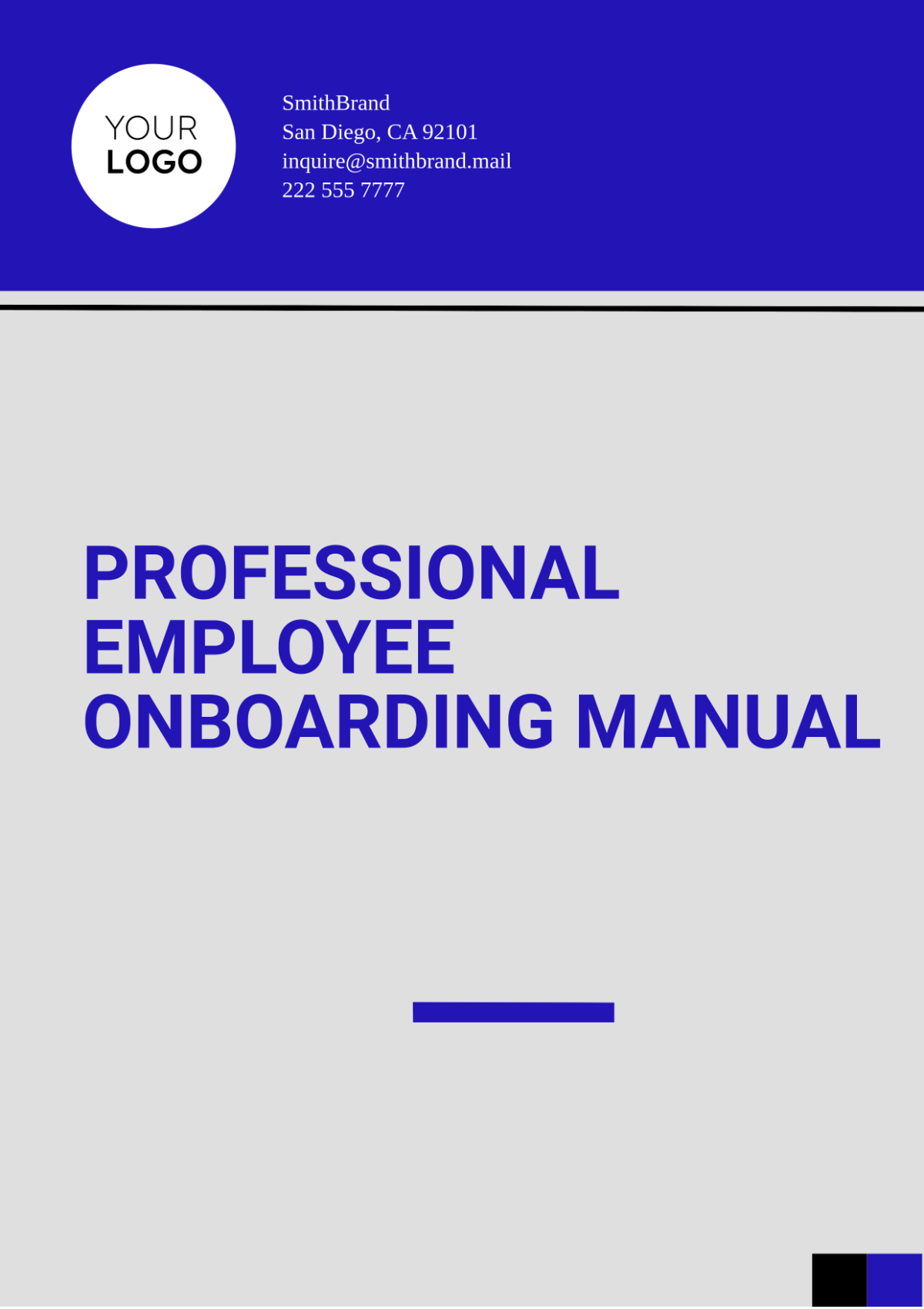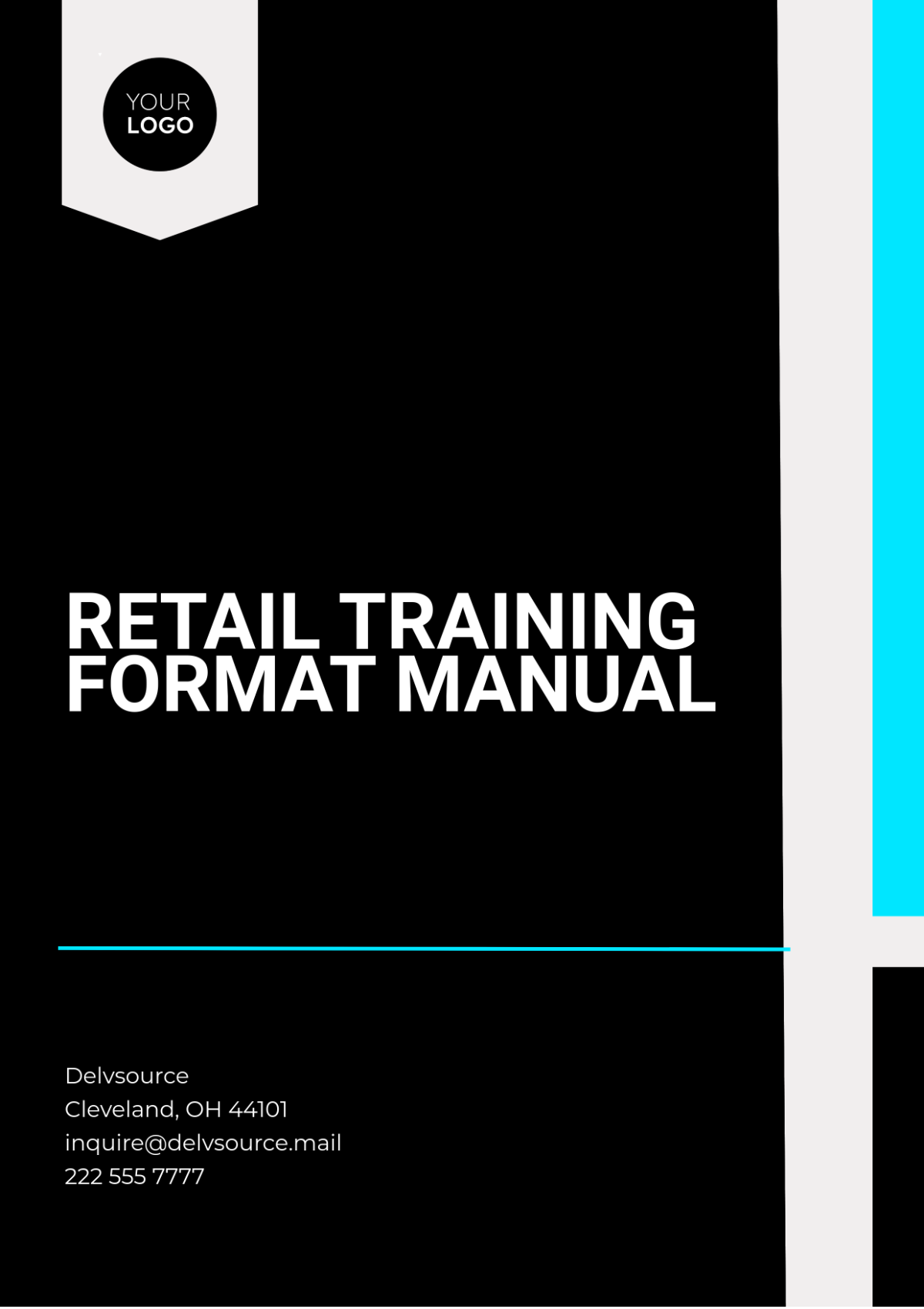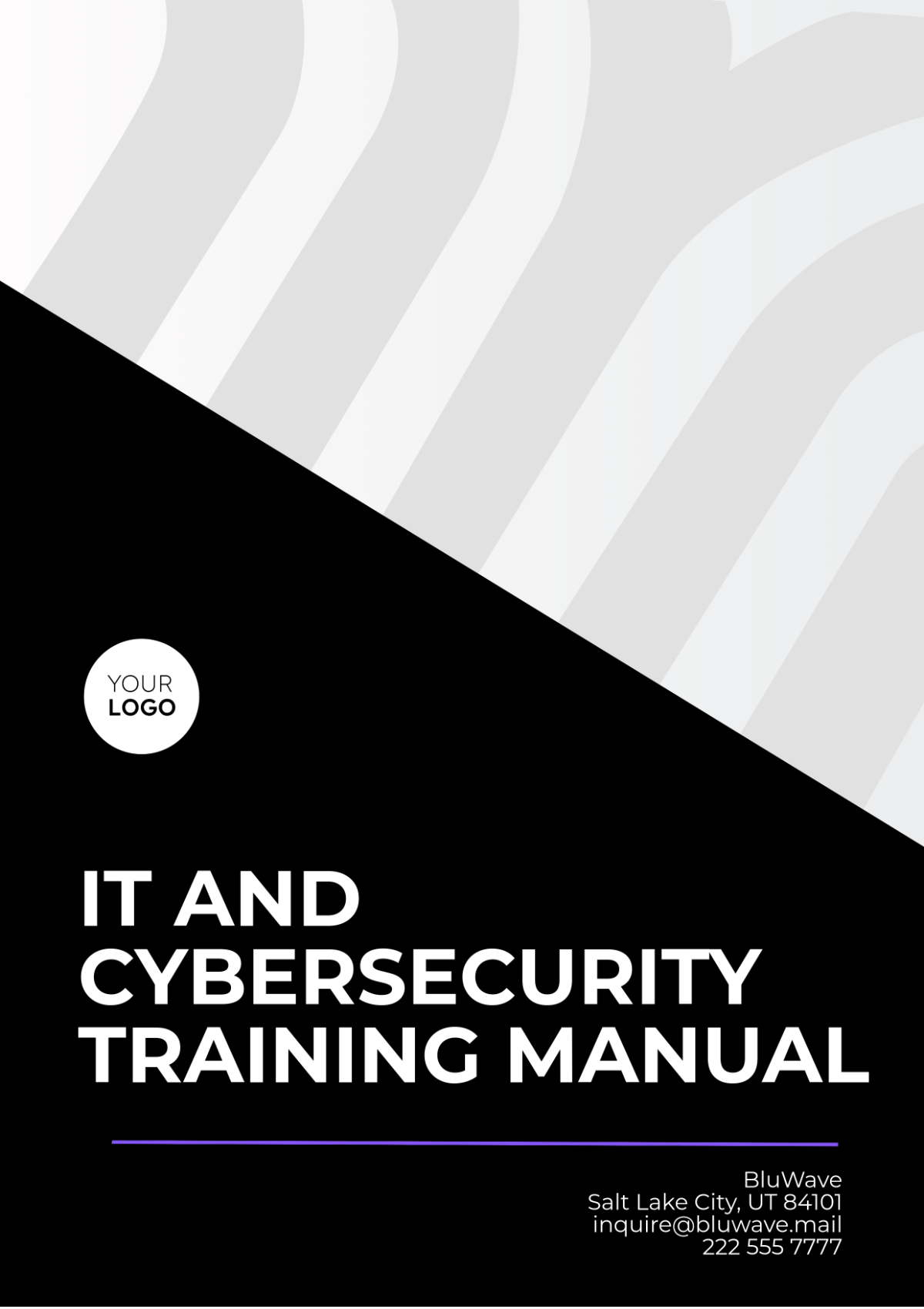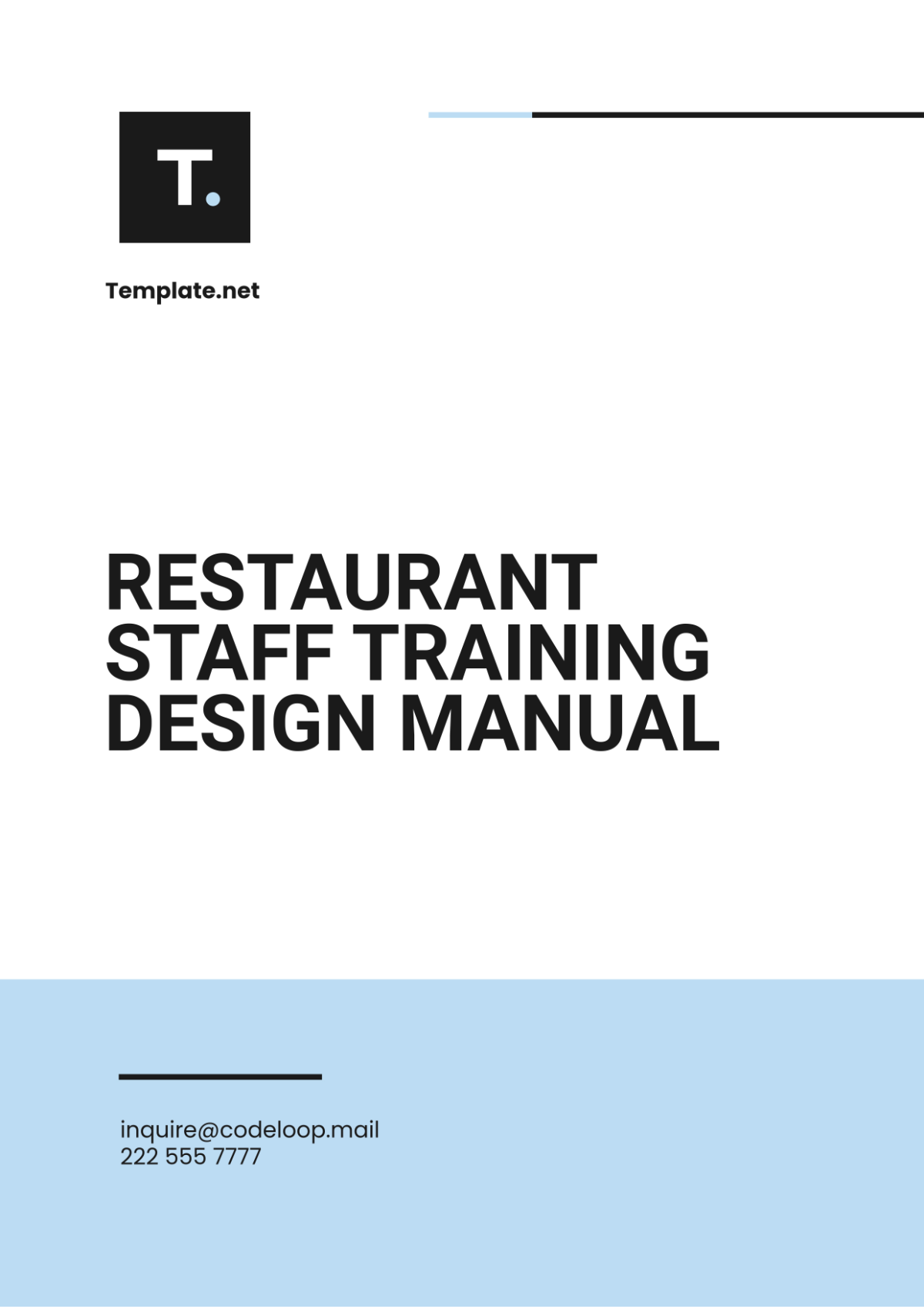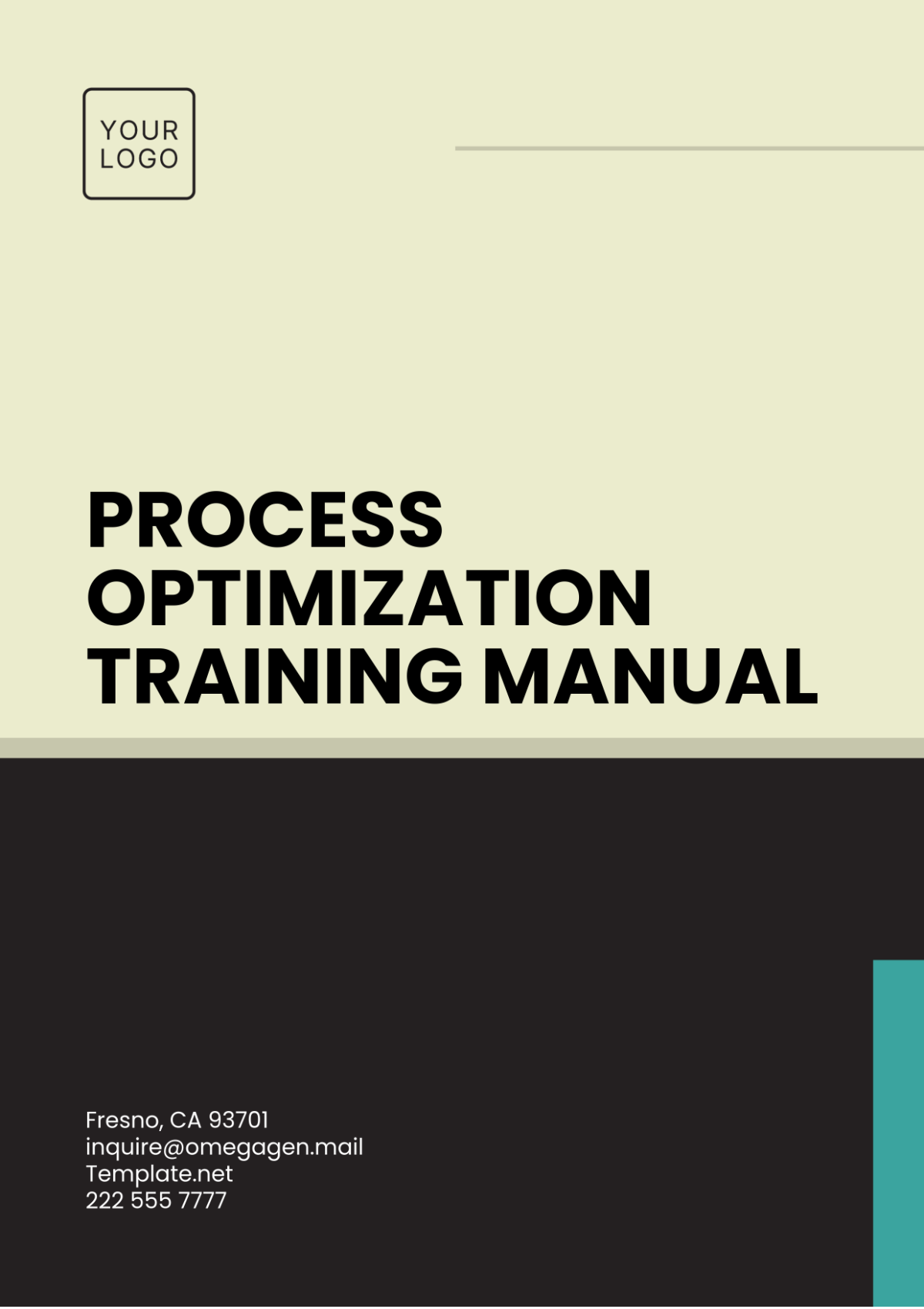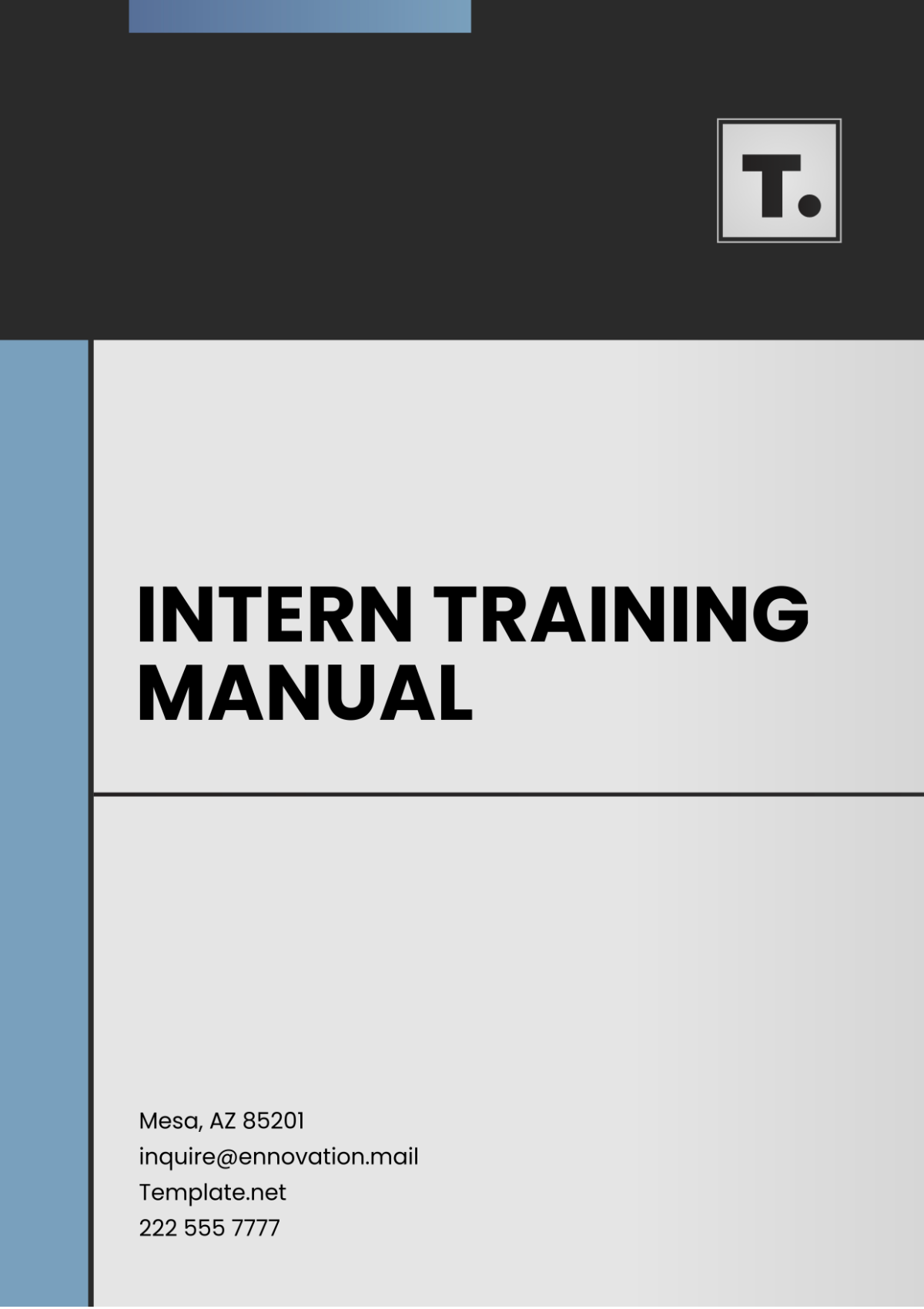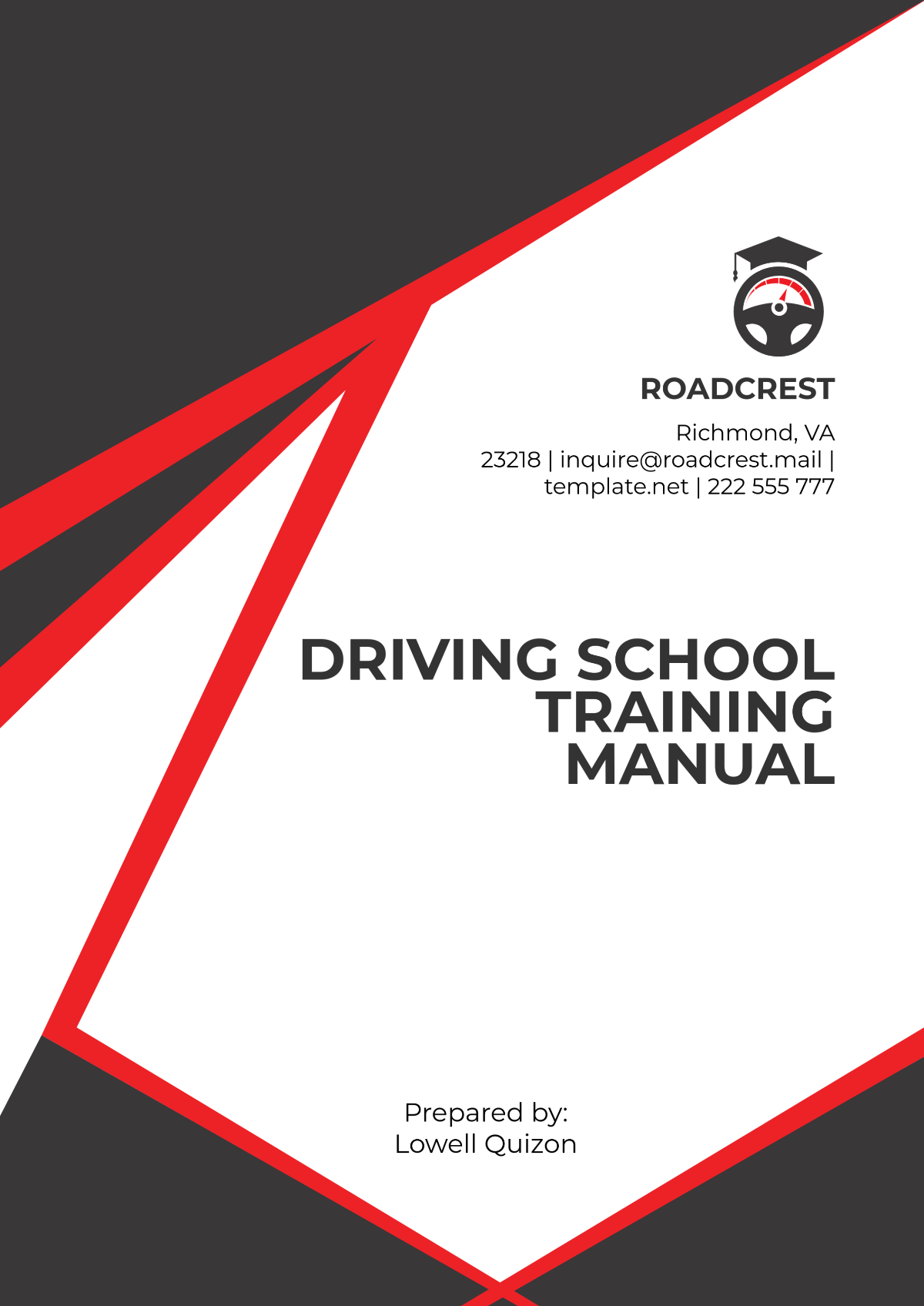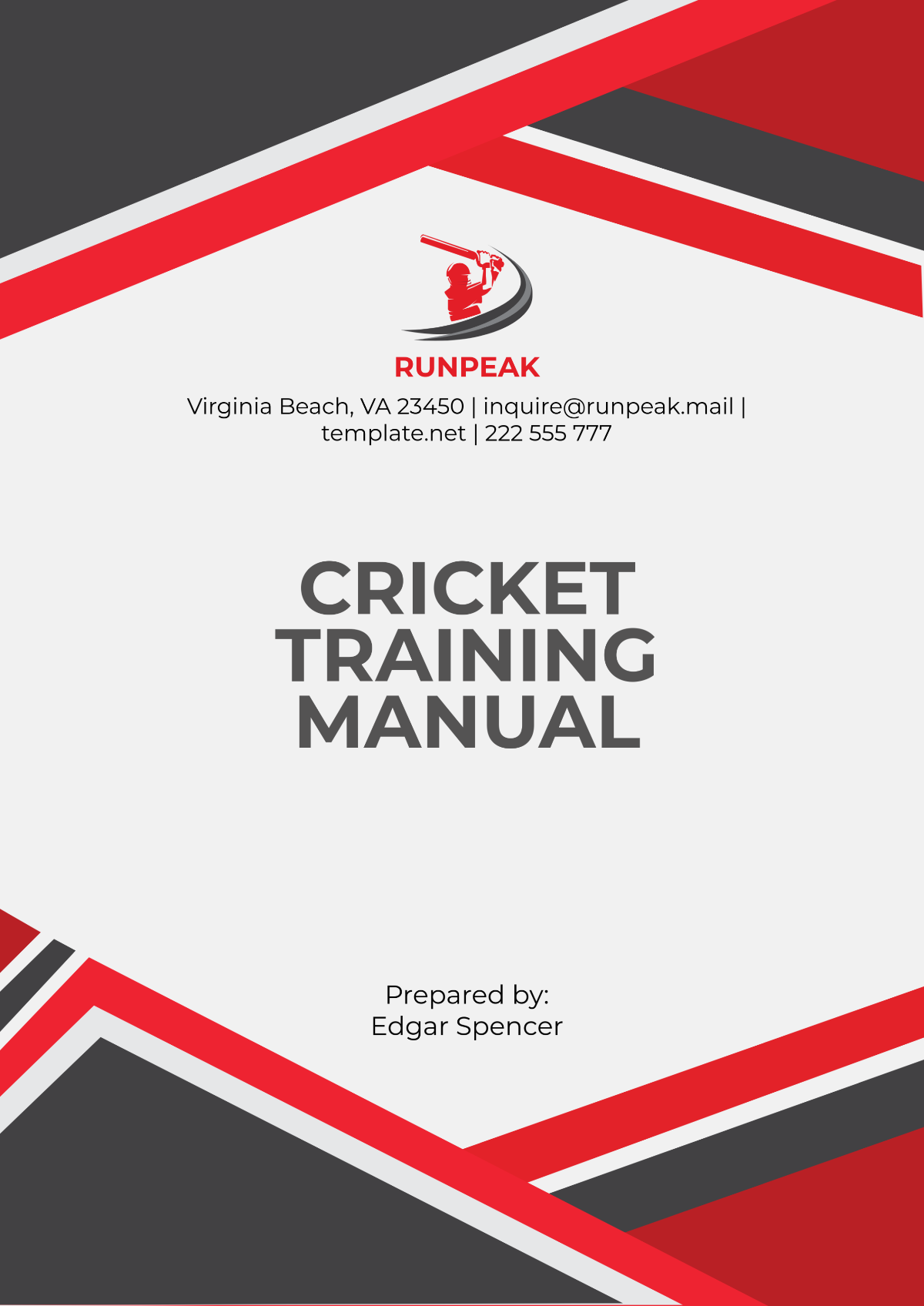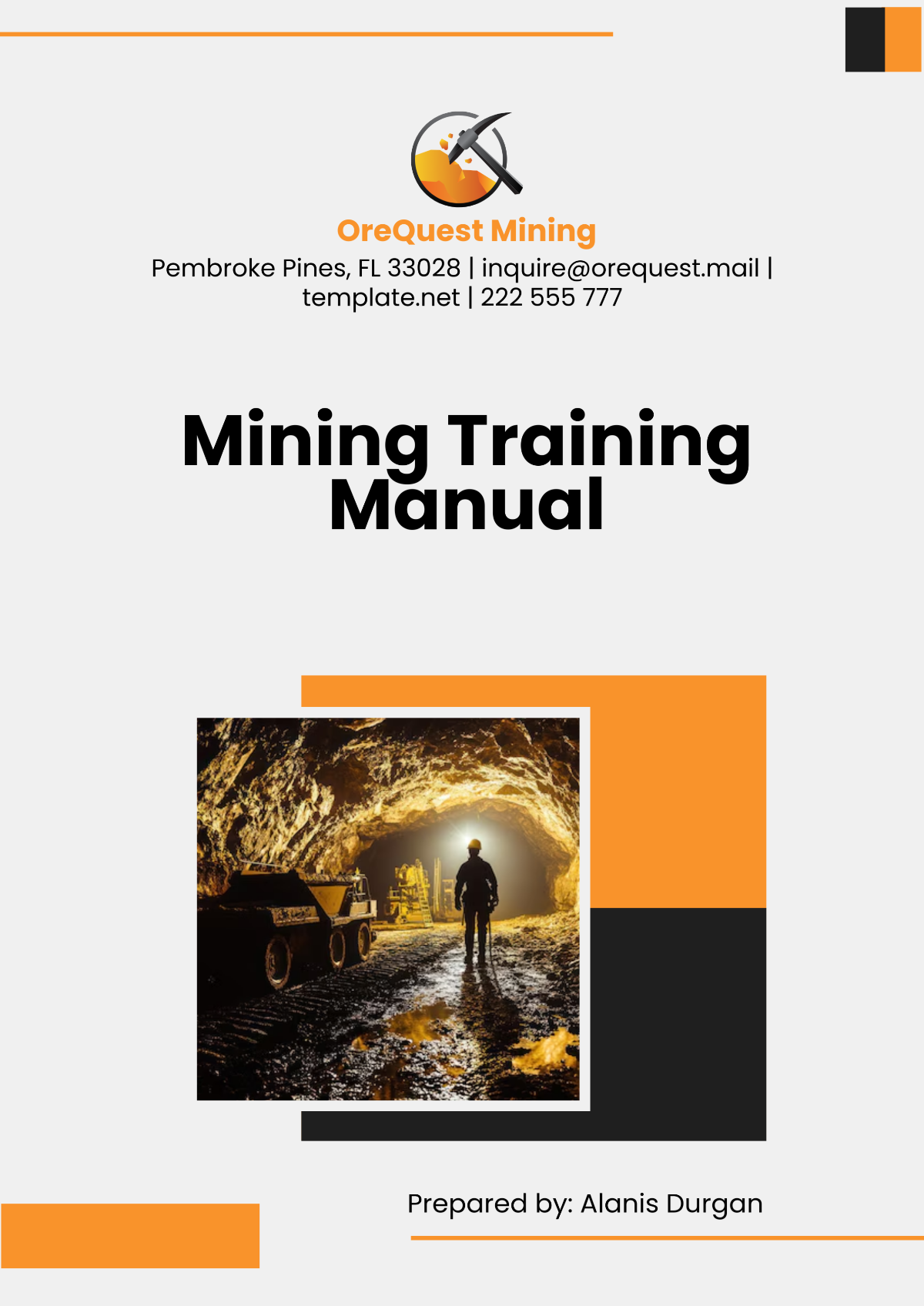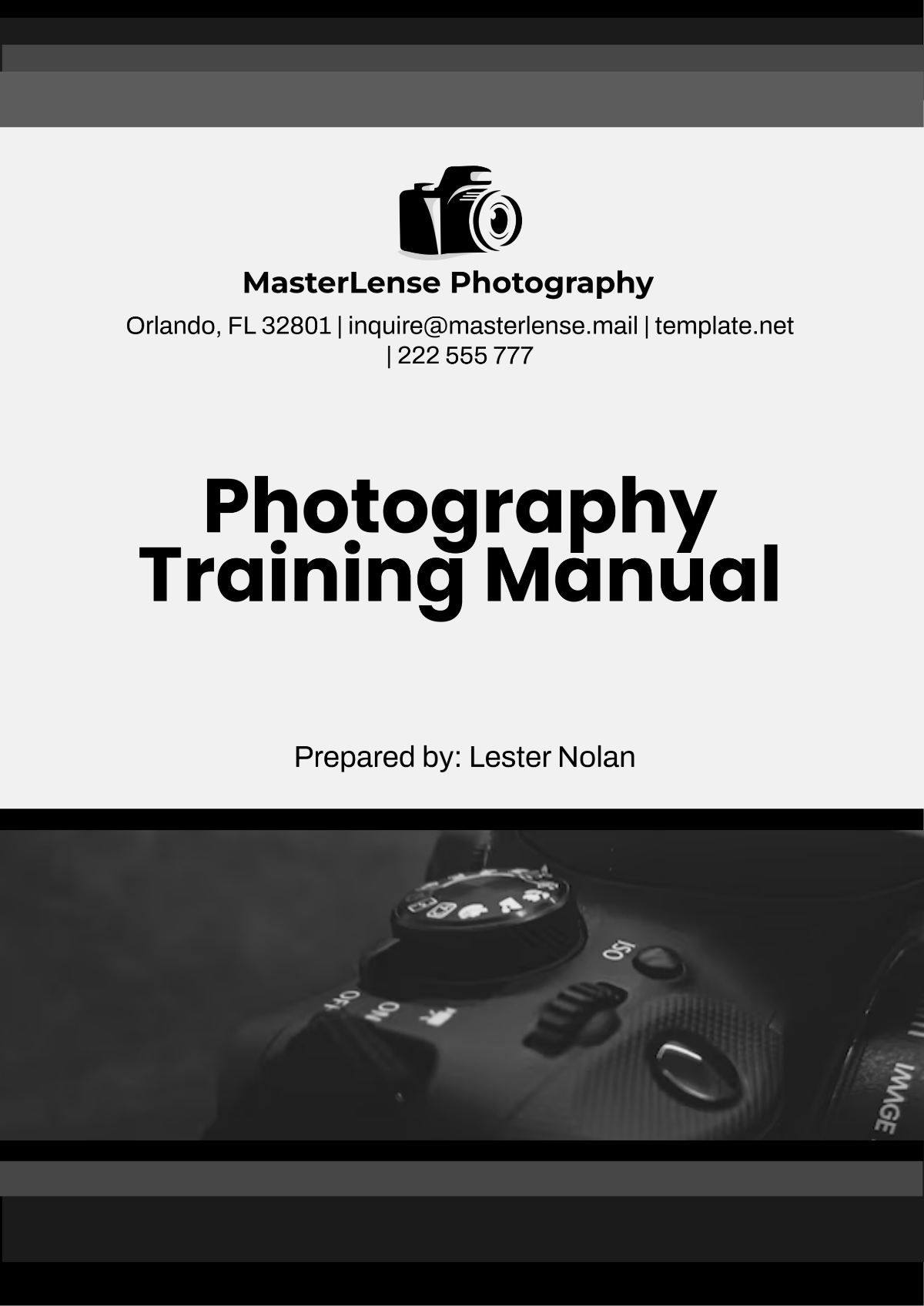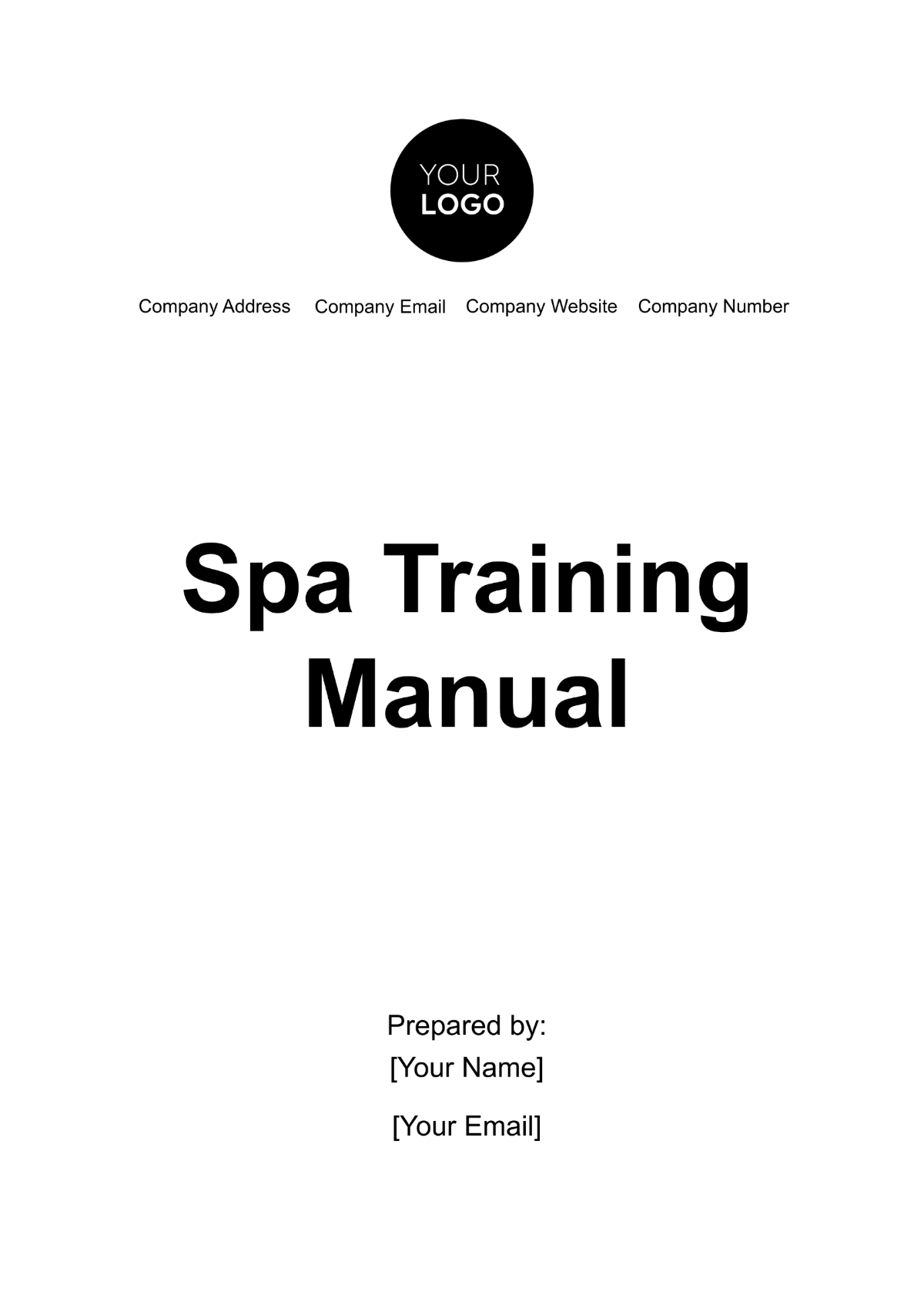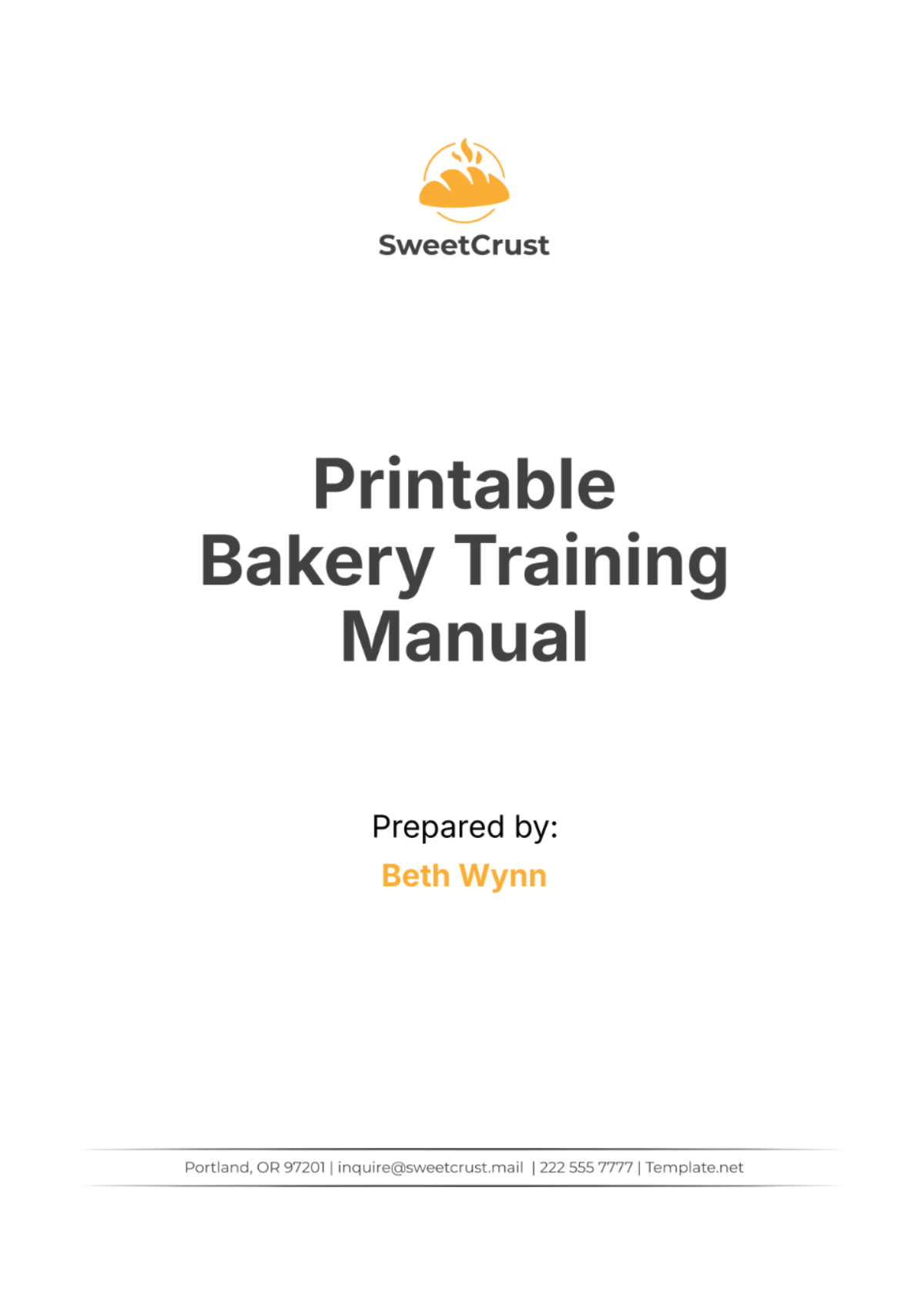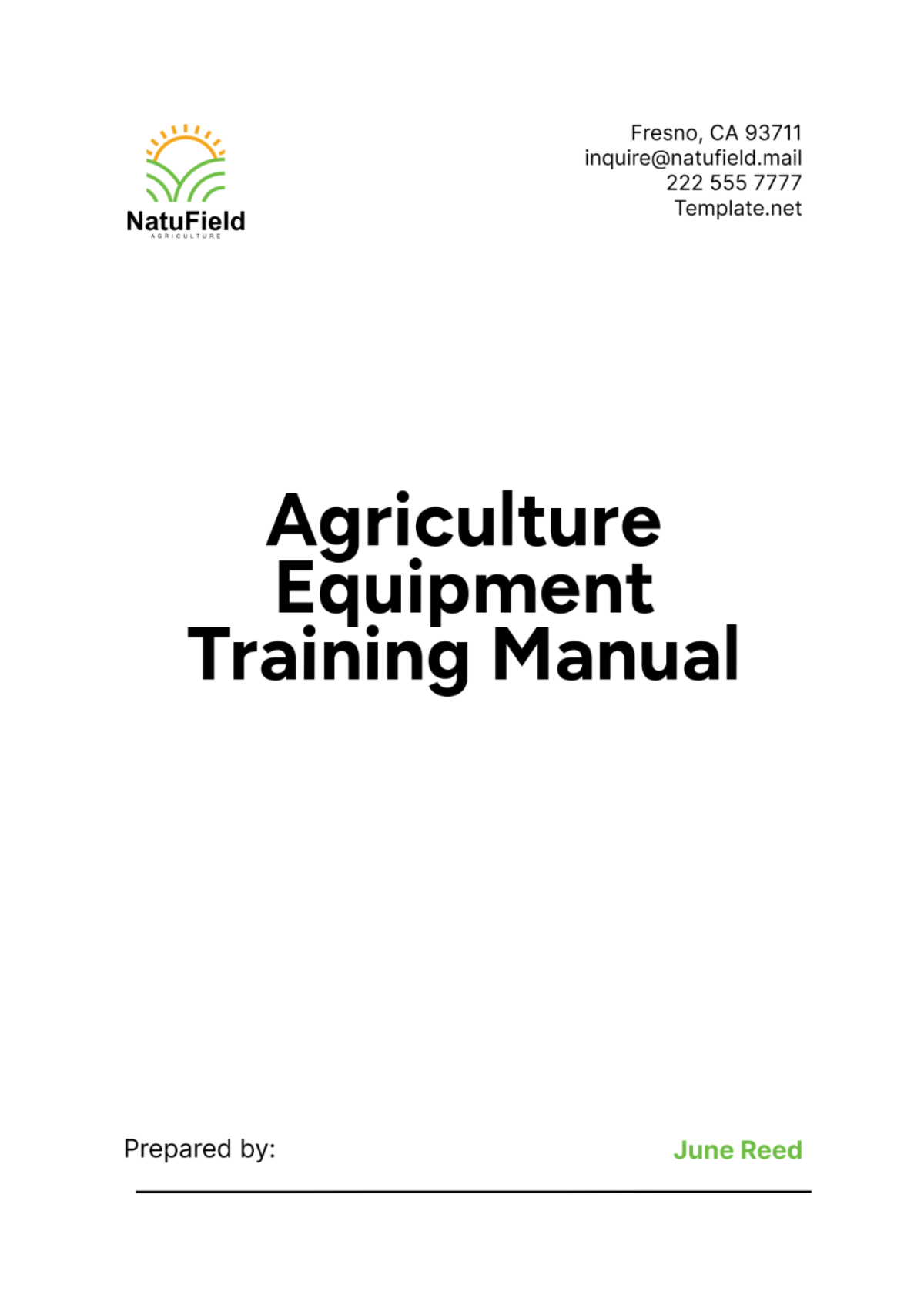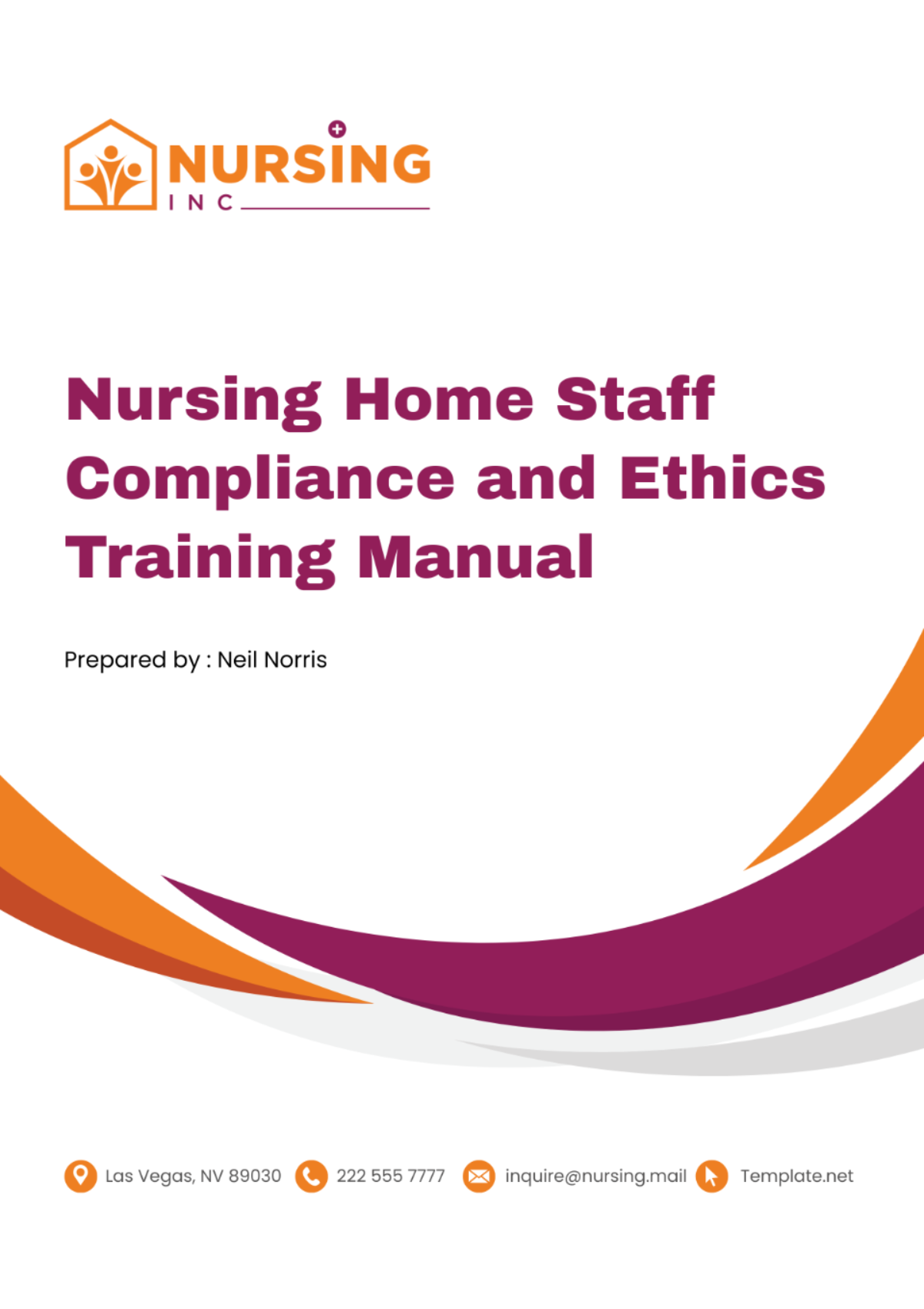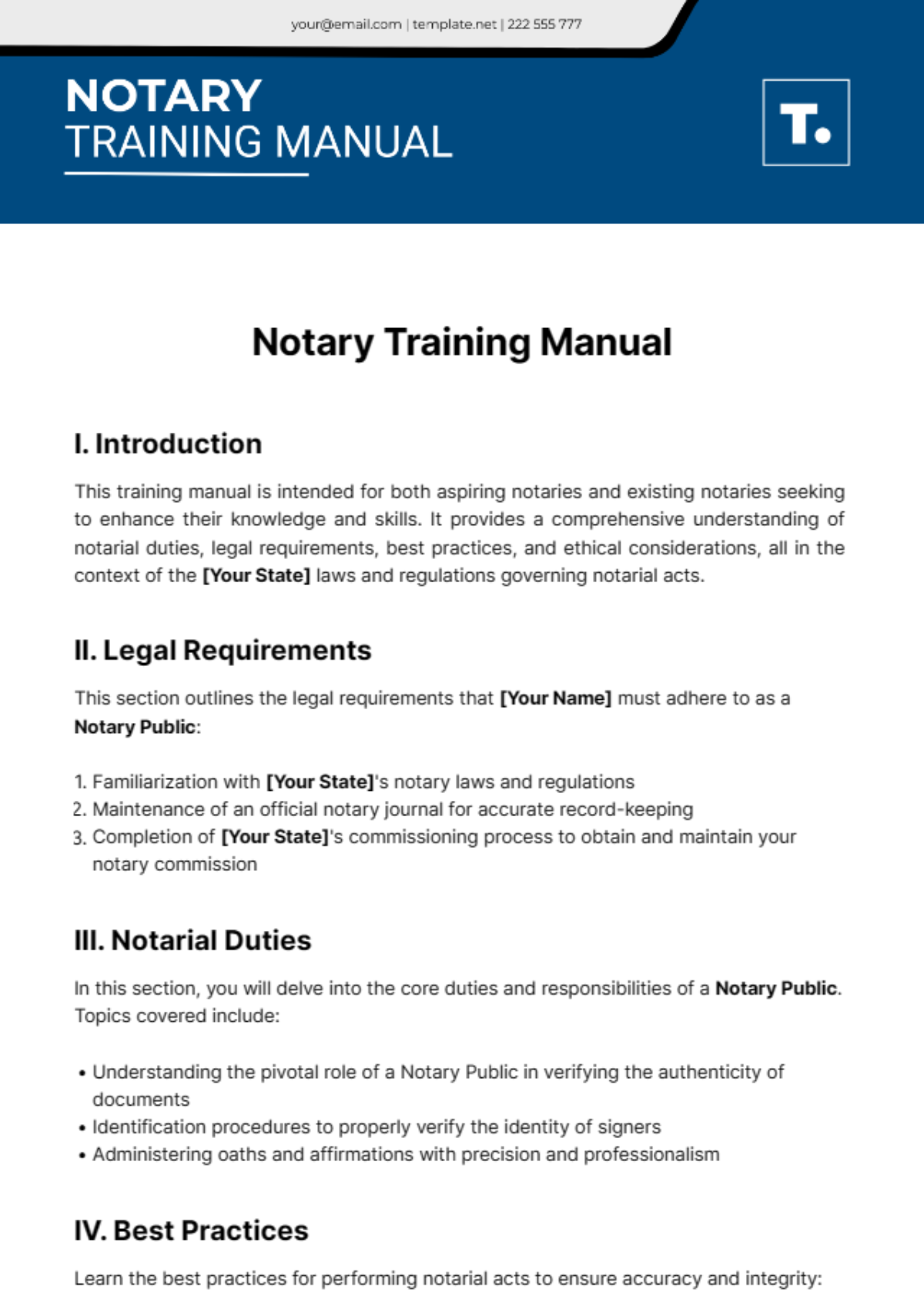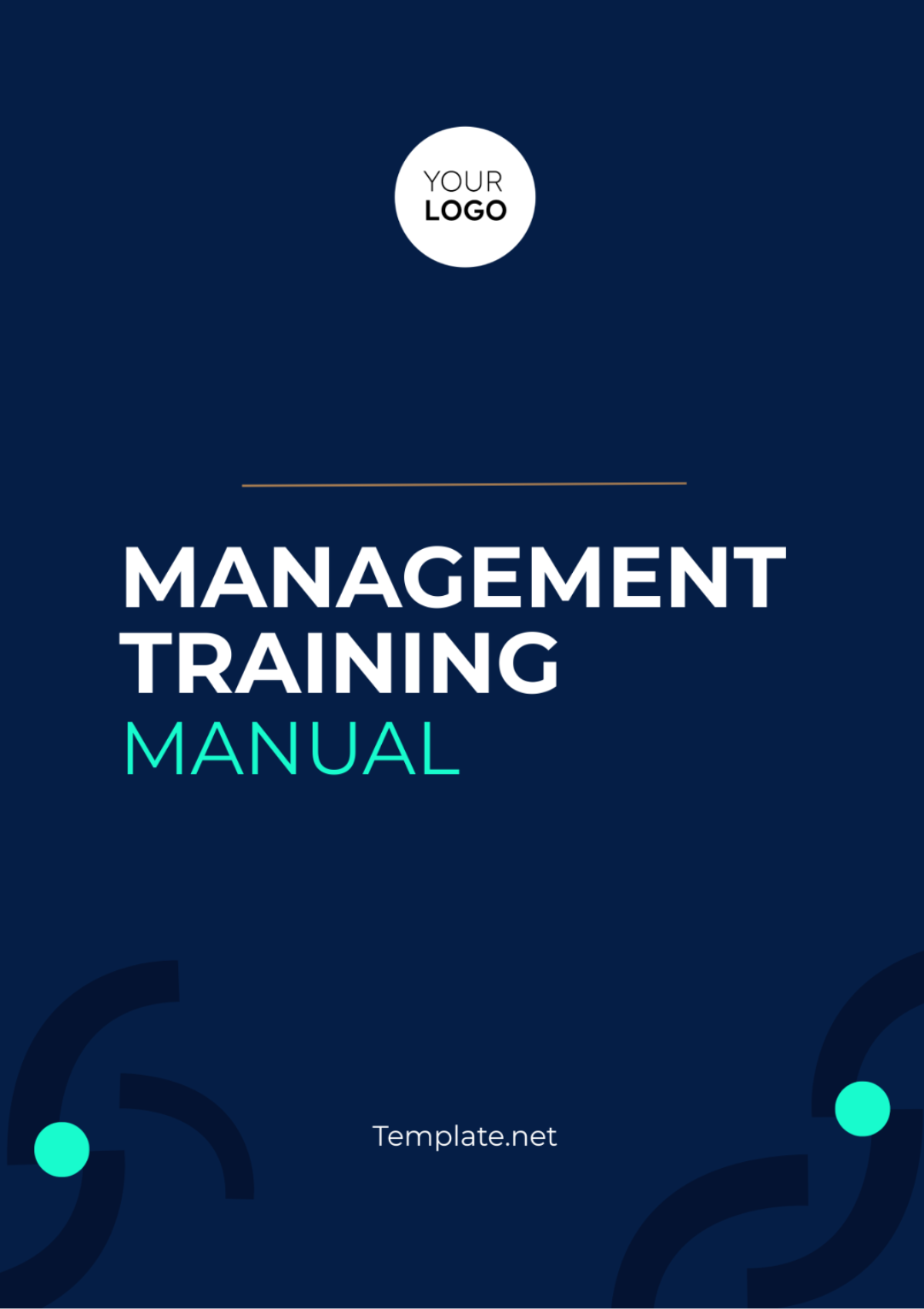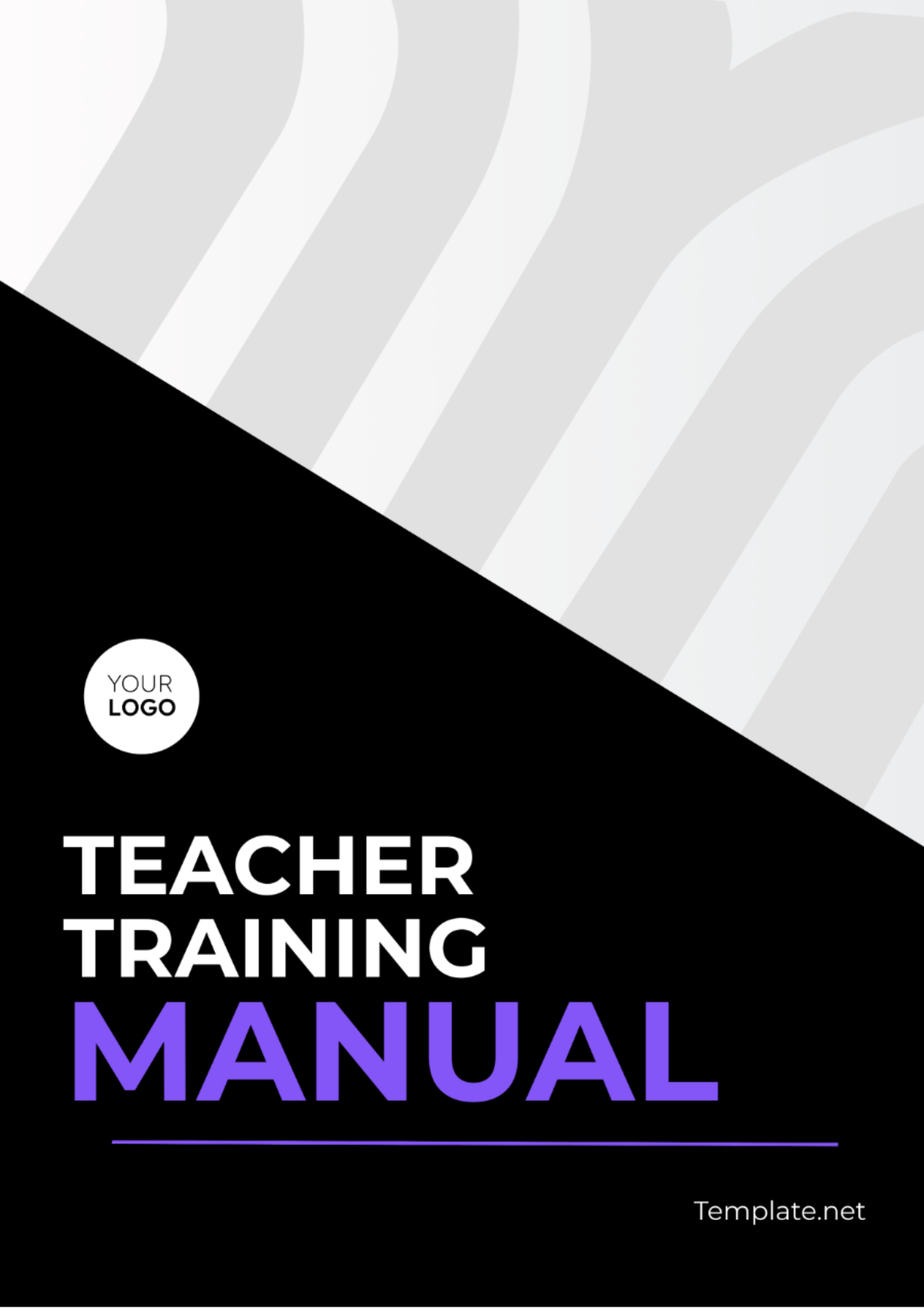Marketing Event Training Manual
Created by: [Your Name]
Manual Version: 1.0
I. INTRODUCTION TO MARKETING EVENTS
Marketing events are dynamic and versatile strategies designed to engage with your audience, create brand awareness, and drive business growth. These events offer a unique platform for businesses of all sizes and industries to connect with their target demographic, foster customer loyalty, and make a lasting impact.
A. Definition of Marketing Events
A marketing event is a planned gathering or occasion that revolves around the promotion of a brand, product, or service. These events can take various forms, including product launches, trade shows, seminars, conferences, webinars, workshops, and more. The primary objective of marketing events is to connect with your audience in a way that enhances their understanding of your brand and encourages them to take action, whether it's making a purchase, subscribing to a service, or simply becoming a brand advocate.
B. Importance of Marketing Events
Marketing events offer numerous benefits for businesses, including:
Audience Engagement: Events provide a platform for direct interaction with your audience, enabling you to convey your message effectively and respond to questions or concerns in real-time.
Brand Awareness: Hosting or participating in events can significantly increase your brand's visibility and reach within your target market.
Networking Opportunities: Events create opportunities for businesses to connect with industry peers, potential partners, and customers. These connections can lead to collaborations and partnerships that drive growth.
Product Launch: Events are a powerful way to introduce new products or services to a captive audience, allowing for immediate feedback and generating buzz.
Lead Generation: Marketing events can serve as a fertile ground for generating leads, collecting contact information, and nurturing potential customers.
Data Insights: Events provide valuable data and feedback, helping you understand your audience better and tailor your marketing strategies.
C. Objectives of Marketing Events
The objectives of your marketing event will depend on your business's specific goals. Common objectives include:
Lead Generation: Attracting and capturing potential customers or clients who show interest in your products or services.
Brand Awareness: Increasing your brand's visibility and creating a memorable impression among your target audience.
Product Launch: Introducing new products, services, or features to an engaged audience.
Relationship Building: Fostering connections with customers, partners, and industry peers to enhance brand loyalty and collaboration.
Education: Providing valuable information, training, or insights to your audience, positioning your brand as an expert in your field.
Sales: Directly selling products or services at the event, offering special promotions, and boosting revenue.
II. TYPES OF MARKETING EVENTS
These are just some of the various types of marketing events that [Your Company Name] can utilize to achieve their marketing and promotional goals:
MARKETING EVENT | DESCRIPTION |
Trade Shows and Exhibitions | Large-scale events where businesses showcase their products and services to a wide audience. |
Conferences and Seminars | Educational events featuring expert speakers and thought leaders, often with workshops and panel discussions. |
Product Launches | Events to introduce new products to the market and generate excitement and interest. |
Webinars | Online seminars used for educational purposes, lead generation, and thought leadership. |
Workshops and Training Sessions | Hands-on sessions to educate attendees on specific skills, tools, or products. |
III. PLANNING A SUCCESSFUL MARKETING EVENT
Effective planning is the cornerstone of a successful marketing event. The journey begins with setting clear goals, understanding your audience, choosing the right type of event, and efficiently allocating your resources.
A. Setting Clear Goals
Every marketing event should have defined objectives. Consider what you aim to achieve through the event. Is it lead generation, brand awareness, product launch, or a combination of these goals? Clear objectives will guide your event planning and execution.
B. Choosing the Right Type of Event
The type of event you choose should align with your goals and target audience. Consider options like:
Product Launch Events: Ideal for introducing new products or services to a focused audience.
Trade Shows and Expos: Great for networking, showcasing products, and staying competitive in your industry.
Seminars and Workshops: Valuable for educating your audience and positioning your brand as an authority in your niche.
Conferences: Ideal for in-depth industry discussions and thought leadership.
Webinars: An excellent choice for reaching a global audience and sharing knowledge online.
C. Budgeting and Resource Allocation
Develop a detailed budget that covers all event expenses, including venue rental, catering, marketing materials, and staff costs. Allocate your resources wisely to ensure that your event aligns with your financial capabilities.
D. Selecting a Date and Venue
Choose a date that works well for your target audience and consider the availability of your preferred venue. Ensure the venue is accessible, appropriate for your event type, and equipped with the necessary facilities.
E. Defining Your Target Audience
Understanding your audience is essential. Define your ideal attendees and tailor your event to cater to their preferences and needs. This will help in crafting effective marketing messages and event experiences.
F. Marketing Event Timeline
Create a comprehensive event timeline that covers all pre-event, event day, and post-event activities. Ensure that everyone involved in the planning and execution understands their roles and responsibilities.
IV. MARKETING EVENT LOGISTICS
Planning and executing a successful marketing event requires meticulous attention to logistics. From the moment your guests arrive to the final farewell, every detail must be carefully orchestrated to ensure a seamless and memorable experience.
A. Registration and Ticketing:
Online Registration: Explore the benefits of using online registration platforms. They simplify the registration process for attendees and provide you with valuable data for future marketing efforts.
Ticket Types: Consider different ticket types, such as early bird, VIP, or group discounts. Tailoring your ticketing options can boost attendance and revenue.
On-Site Registration: Plan for on-site registration to accommodate last-minute attendees. Ensure that the process is quick and hassle-free.
B. Event Agenda and Program:
Create a Detailed Agenda: Craft a comprehensive event agenda that includes session topics, speaker names, and time slots. Share this agenda with your attendees in advance to build anticipation.
Variety and Engagement: Ensure that the program offers a variety of sessions, workshops, and activities to cater to different interests and learning styles.
Speaker Coordination: Communicate with speakers and presenters to confirm their availability, presentation materials, and any special requirements they may have.
C. Speakers and Presenters:
Speaker Selection: Carefully choose speakers who align with your event's objectives and resonate with your target audience.
Speaker Prep: Provide speakers with event guidelines, presentation formats, and technical requirements. Offer support and resources to help them deliver engaging presentations.
Speaker Rehearsals: Schedule rehearsals or run-throughs with your speakers to ensure smooth transitions and optimal presentation quality.
D. Catering and Refreshments:
Menu Planning: Select catering options that suit the event's theme and the preferences of your attendees, considering dietary restrictions and preferences.
Serving Logistics: Determine the serving style, whether it's a buffet, plated meal, or snacks. Allocate the necessary space and staff for a smooth dining experience.
Beverages: Ensure a variety of beverages are available, including water, coffee, and any specialty drinks or cocktails, if appropriate.
E. Technical Requirements and Equipment:
Audiovisual Equipment: Confirm the availability and functionality of audiovisual equipment, including microphones, projectors, screens, and sound systems. Prepare backups in case of technical issues.
Internet Access: Ensure reliable and high-speed internet access, especially if your event involves live streaming, demonstrations, or interactive online components.
Tech Support: Have technical support staff on hand to troubleshoot any equipment issues promptly.
F. Event Decor and Signage:
Theme and Branding: Create a consistent and attractive visual theme for your event, incorporating your company's branding. Use this theme for banners, signs, and promotional materials.
Signage Placement: Strategically place signage to guide attendees and make it easy for them to navigate the venue. Include maps and directional signage as necessary.
Decor Elements: Enhance the ambiance with decor elements like floral arrangements, table settings, and staging to create an inviting atmosphere.
V. PROMOTING YOUR MARKETING EVENT
Promoting your marketing event is a crucial step in ensuring its success. Here, we delve deeper into the strategies and tactics you can employ to maximize attendance and engagement:
A. Creating a Marketing Plan
Define Your Audience: Before you start promoting your event, you must have a clear understanding of your target audience. What are their demographics, interests, and pain points? Tailor your messaging and approach to resonate with this specific group.
Craft a Compelling Message: Develop a concise and compelling message that highlights the value and unique selling points of your event. What will attendees gain from participating? How will it solve their problems or address their needs?
Channel Selection: Consider the marketing channels that are most effective in reaching your target audience. These may include social media platforms, email marketing, your company website, industry-specific forums, and even offline channels like flyers and banners.
Content Strategy: Plan a content strategy that revolves around your event. Create blog posts, articles, videos, and other content that build anticipation and provide valuable insights related to the event's topics or themes.
Landing Page Creation: Develop an attractive and informative landing page on your website dedicated to the event. Ensure it includes event details, registration information, and a clear call-to-action for attendees to sign up.
B. Utilizing Social Media
Social Media Platforms: Identify the social media platforms most frequented by your target audience. Create event-specific profiles and pages, complete with eye-catching banners and logos that reflect the event's theme.
Content Calendar: Develop a content calendar that outlines when and what content will be posted on each platform. Use a mix of content types, including event teasers, speaker spotlights, countdowns, and user-generated content.
Engagement and Interaction: Actively engage with your audience on social media. Respond to comments and messages promptly. Create polls, quizzes, and contests to foster a sense of community and excitement around the event.
Paid Advertising: Consider allocating a budget for paid advertising on social media. Platforms like Facebook and LinkedIn offer sophisticated targeting options to ensure your event ad reaches the right audience.
C. Email Marketing Campaigns
Segmentation: Divide your email list into segments based on user preferences, behavior, or demographics. Craft personalized email campaigns that speak directly to each segment's interests and needs.
Engaging Subject Lines: Write compelling subject lines to increase open rates. Convey the value of opening the email and attending the event in just a few words.
Informative Content: Each email should provide valuable information about the event, including event details, speaker profiles, agenda highlights, and any special offers or discounts.
Mobile Optimization: Ensure your emails are mobile-responsive. A significant portion of users check their emails on mobile devices, so your emails must be easily readable on smaller screens.
VI. EVENT DAY EXECUTION
A well-executed event day is the culmination of your planning efforts. This section provides insights on how to ensure everything runs smoothly and attendees have a memorable experience:
A. Registration and Check-In
Efficient Registration Process: Design a quick and hassle-free registration process. Use digital tools like QR codes or mobile apps to expedite check-in.
Friendly Staff: Train your staff to be welcoming and helpful. A friendly face and a warm greeting can set a positive tone for the event.
Badge and Materials: Provide attendees with badges, event programs, and any necessary materials as they register. This helps them feel organized and prepared for the day.
B. Welcoming Attendees
Welcome Speech: Start the event with a welcoming speech or presentation. Express gratitude for attendees' presence and briefly outline the day's agenda.
Networking Opportunities: Create spaces and activities that encourage attendees to network with each other. Icebreakers, networking sessions, and discussion groups are great options.
Information Desks: Set up information desks or help centers to address any questions or concerns attendees may have throughout the day.
C. Managing Guest Speakers
Speaker Coordination: Ensure your speakers are well-informed about the event schedule, their session times, and any technical requirements.
Speaker Support: Provide a dedicated area for speakers to prepare and relax. Offer technical support and assistance as needed.
Q&A Sessions: Plan and moderate Q&A sessions after each speaker's presentation to engage the audience and provide valuable insights.
D. Handling Technical Issues
Technical Rehearsals: Conduct thorough technical rehearsals before the event to identify and resolve any potential issues with sound, lighting, or presentation equipment.
Backup Systems: Have backup systems and equipment in place to quickly address any technical problems that may arise during the event.
E. Monitoring Social Media and Engagement
Live Social Media Coverage: Assign someone to manage live social media coverage during the event. Share highlights, photos, and updates in real-time to keep remote or online attendees engaged.
Event Hashtag: Promote a unique event hashtag to encourage attendees to share their experiences and thoughts on social media. Monitor this hashtag for feedback and discussions.
VII. POST-EVENT ACTIVITIES
After your marketing event concludes, the work is far from over. Post-event activities are vital in ensuring that you capitalize on the momentum generated during the event. This section will guide you through a comprehensive post-event strategy that includes the following:
A. Event Surveys and Feedback Analysis
Gathering Feedback: Conducting post-event surveys is crucial for understanding the attendee experience. These surveys should cover aspects like content quality, venue, logistics, and overall satisfaction. Encourage participants to share their honest opinions.
Feedback Analysis: Once you've collected feedback, analyze the data to identify areas for improvement. This analysis informs your future event planning and helps you enhance the attendee experience.
B. Measuring ROI (Return on Investment)
Financial Evaluation: Calculate the ROI of your marketing event by comparing the expenses with the revenue generated directly from the event. Assess whether the event met its financial objectives and identify areas for cost optimization in future events.
Non-Financial Metrics: Beyond financial metrics, evaluate non-financial outcomes such as brand visibility, networking opportunities, and leads generated. Understanding the holistic impact of your event is essential for long-term success.
C. Database Management
Database Updates: After the event, update your customer and lead database with new contacts and information acquired during the event. Ensure that you segment the database appropriately for targeted follow-up communications.
Nurturing Relationships: Ongoing relationship management is crucial. Maintain engagement with event attendees by providing them with valuable content, offers, or updates that align with their interests.
VIII. TIPS FOR SUCCESS
A. Building Strong Relationships
Successful marketing events are not just about one-time interactions. Build and nurture long-term relationships with event attendees and partners. Stay connected through post-event follow-ups, newsletters, and social media engagement.
B. Staying Up-to-Date with Trends
The world of marketing events is dynamic. Stay updated with the latest trends and technologies. Embrace virtual and hybrid event formats, incorporate interactive experiences, and leverage emerging platforms to keep your events fresh and engaging.
C. Networking and Building Contacts
Networking is essential in the marketing event industry. Attend industry events, join relevant associations, and actively seek opportunities to connect with potential partners and collaborators. Networking can lead to valuable partnerships that enhance your event's success.
D. Being Adaptable and Innovative
Be prepared to adapt to unforeseen challenges. Flexibility is key. Innovate with event formats, content delivery, and engagement strategies. A willingness to change and experiment can set your events apart.
IX. CONCLUSION
The marketing event landscape is ever-evolving, and staying at the forefront requires continuous improvement and adaptability. By implementing the strategies and tips outlined in this training manual, you can ensure your marketing events are not only successful but also contribute to the growth and success of your business. Remember that each event is an opportunity to connect with your audience, strengthen your brand, and drive results, and by putting in the effort, you can make each event more successful than the last.
Marketing Templates @ Template.net
